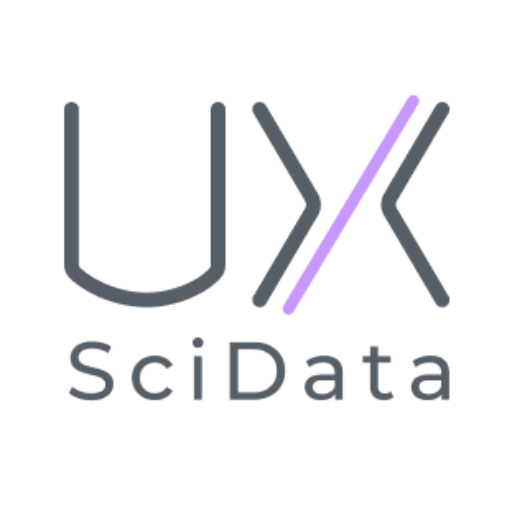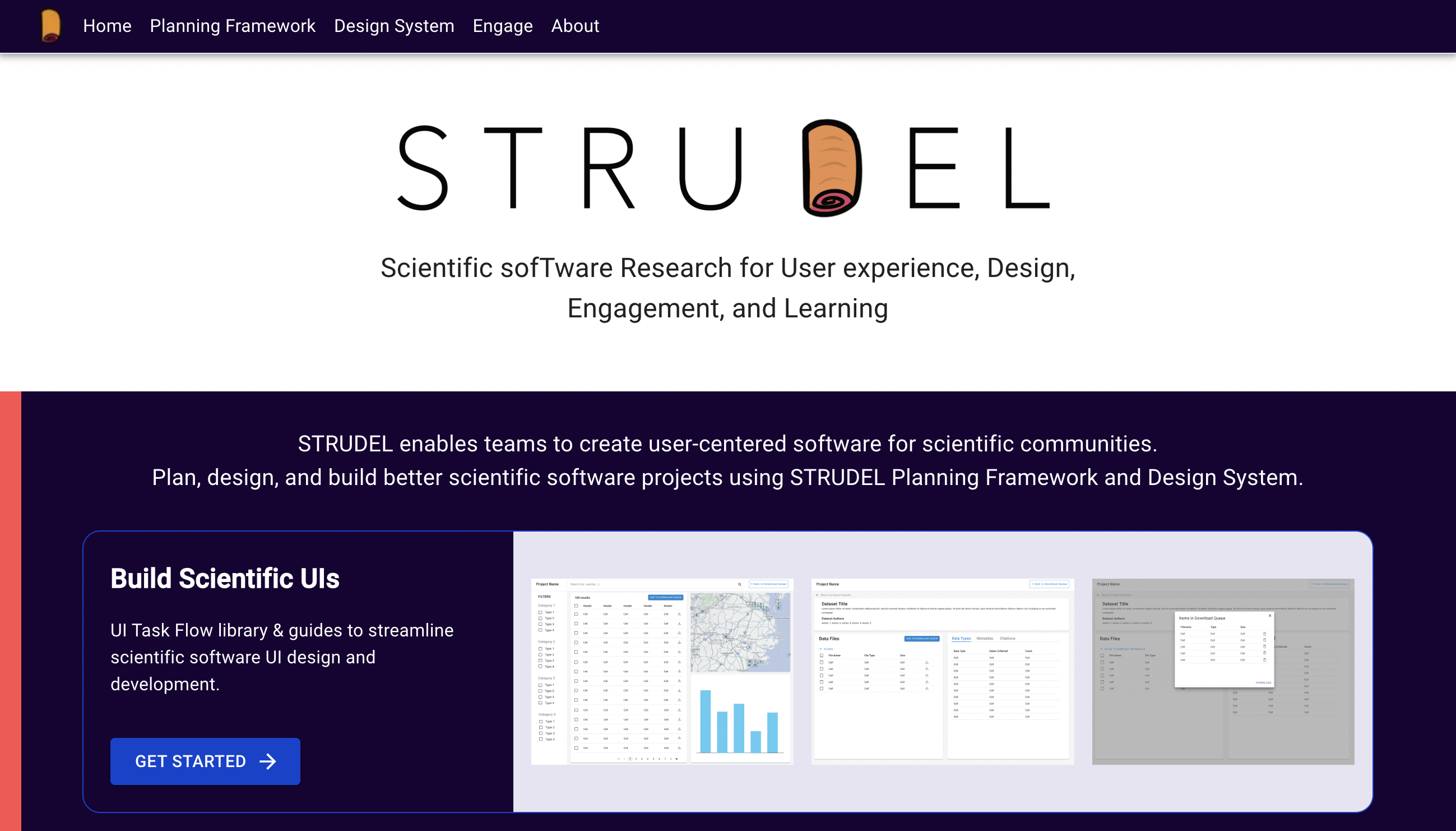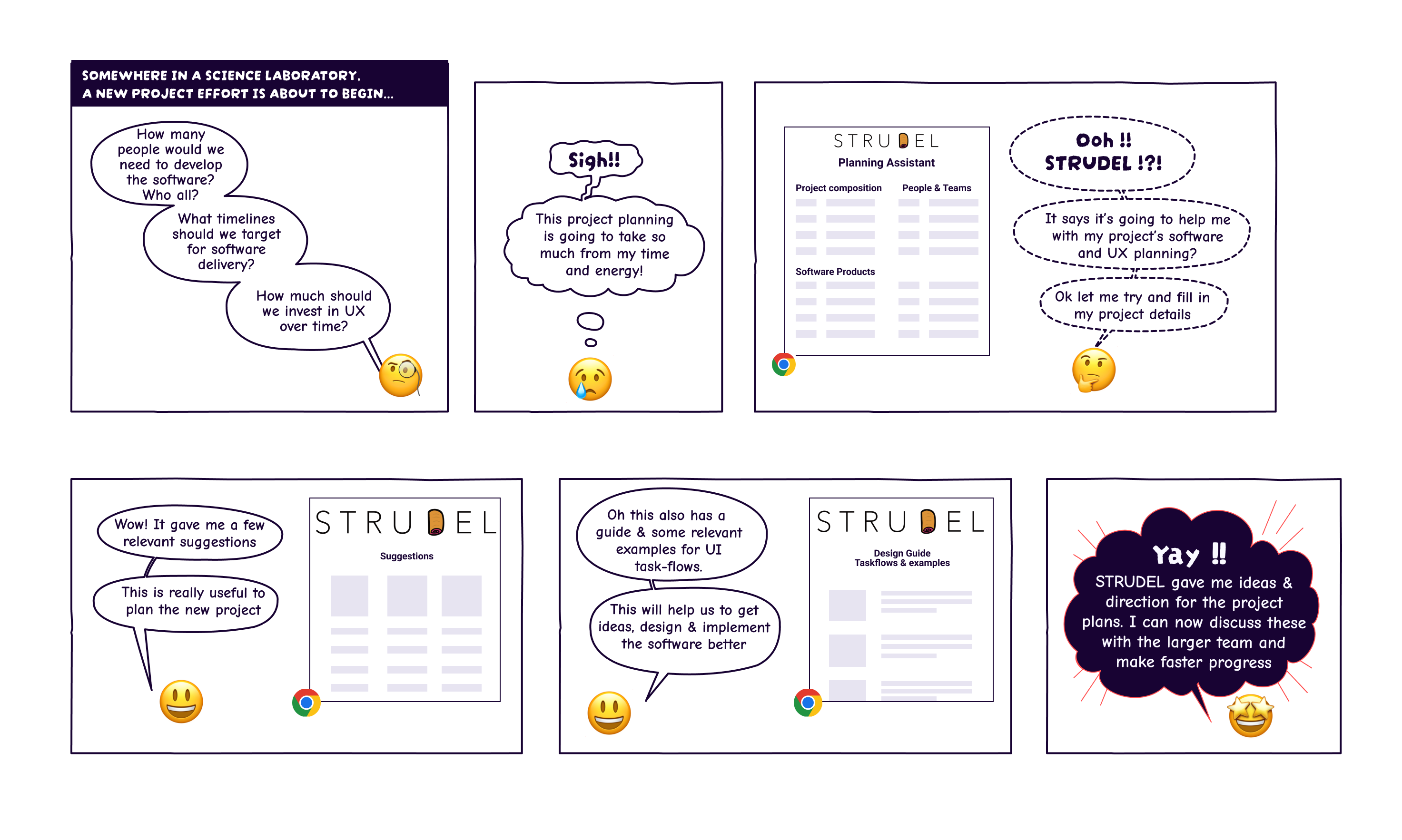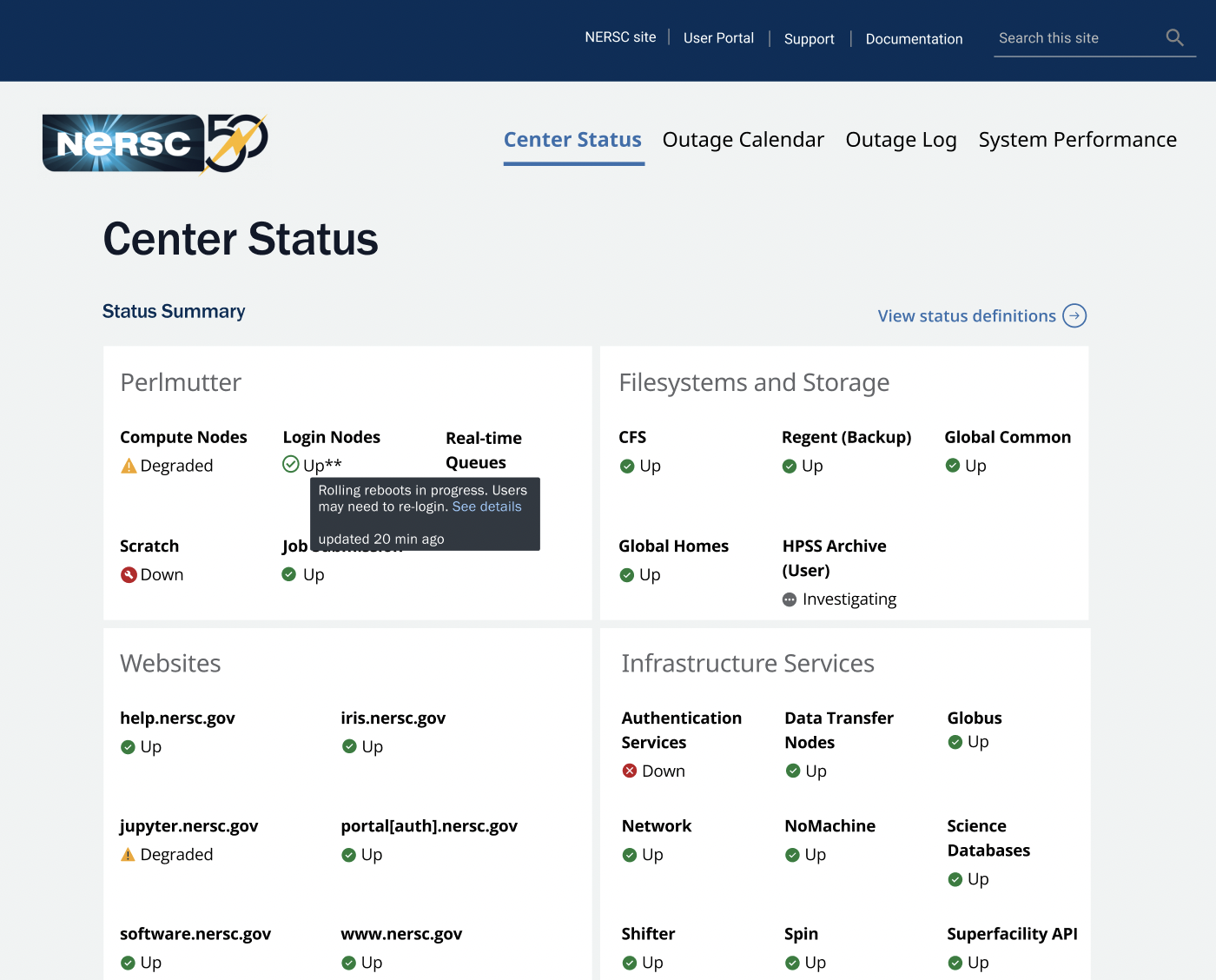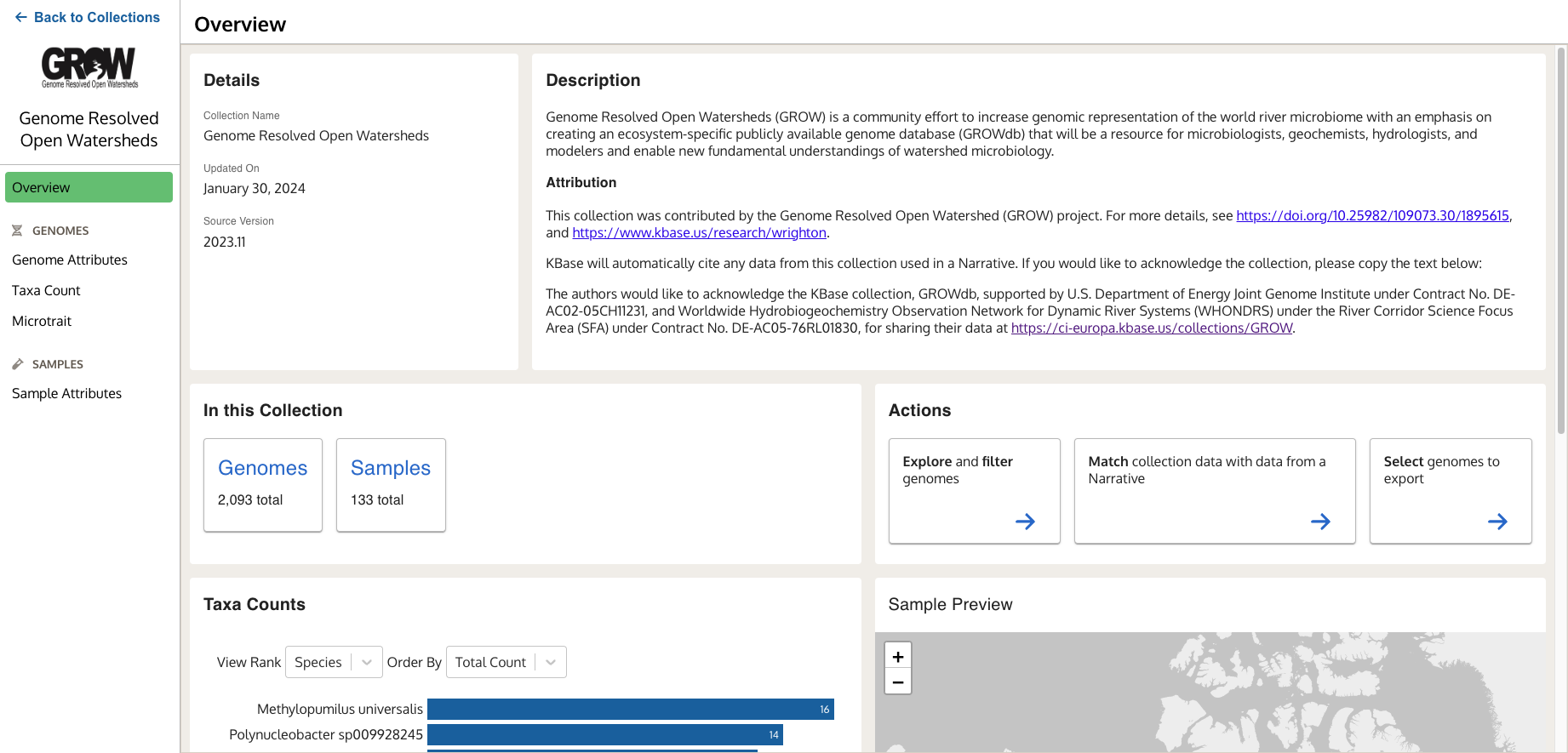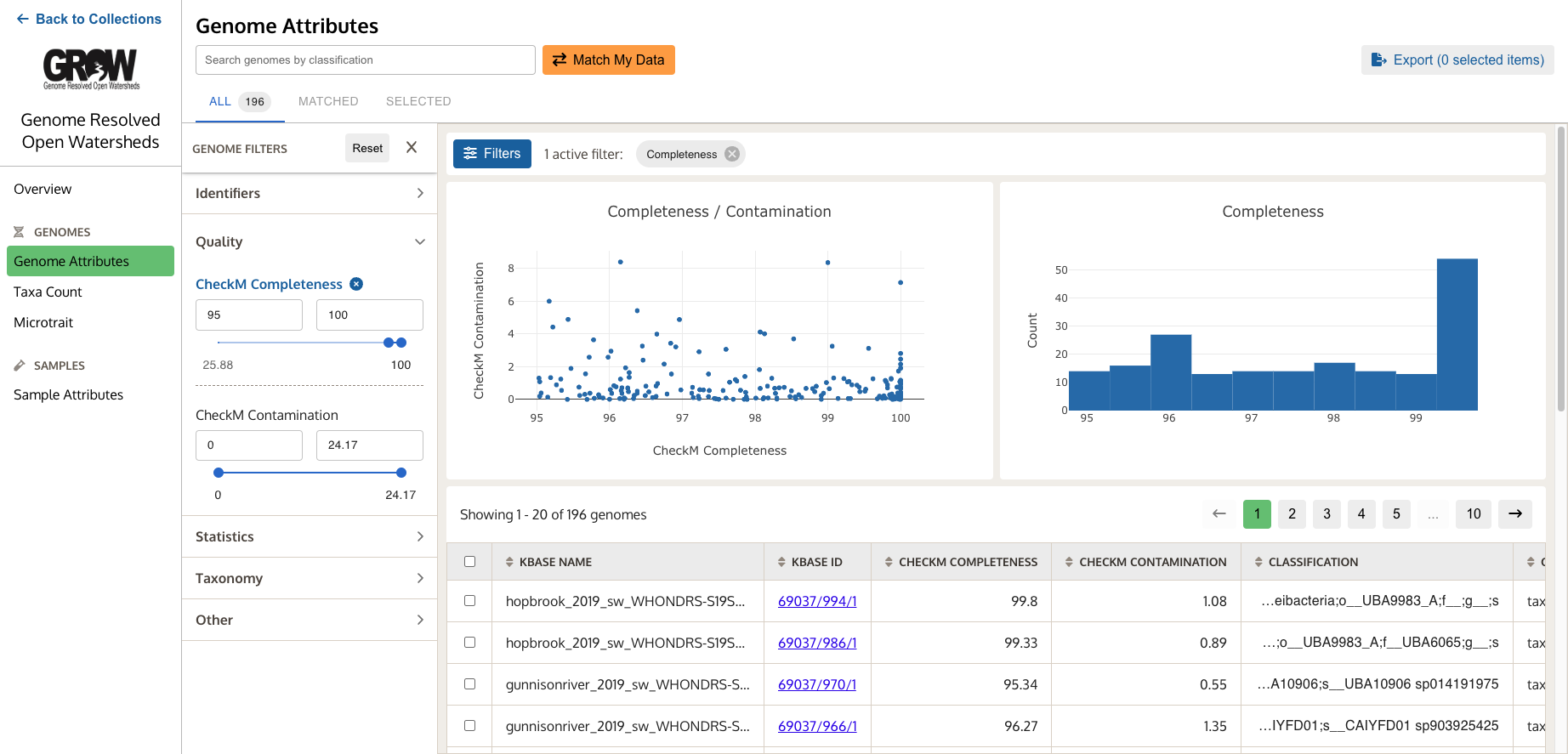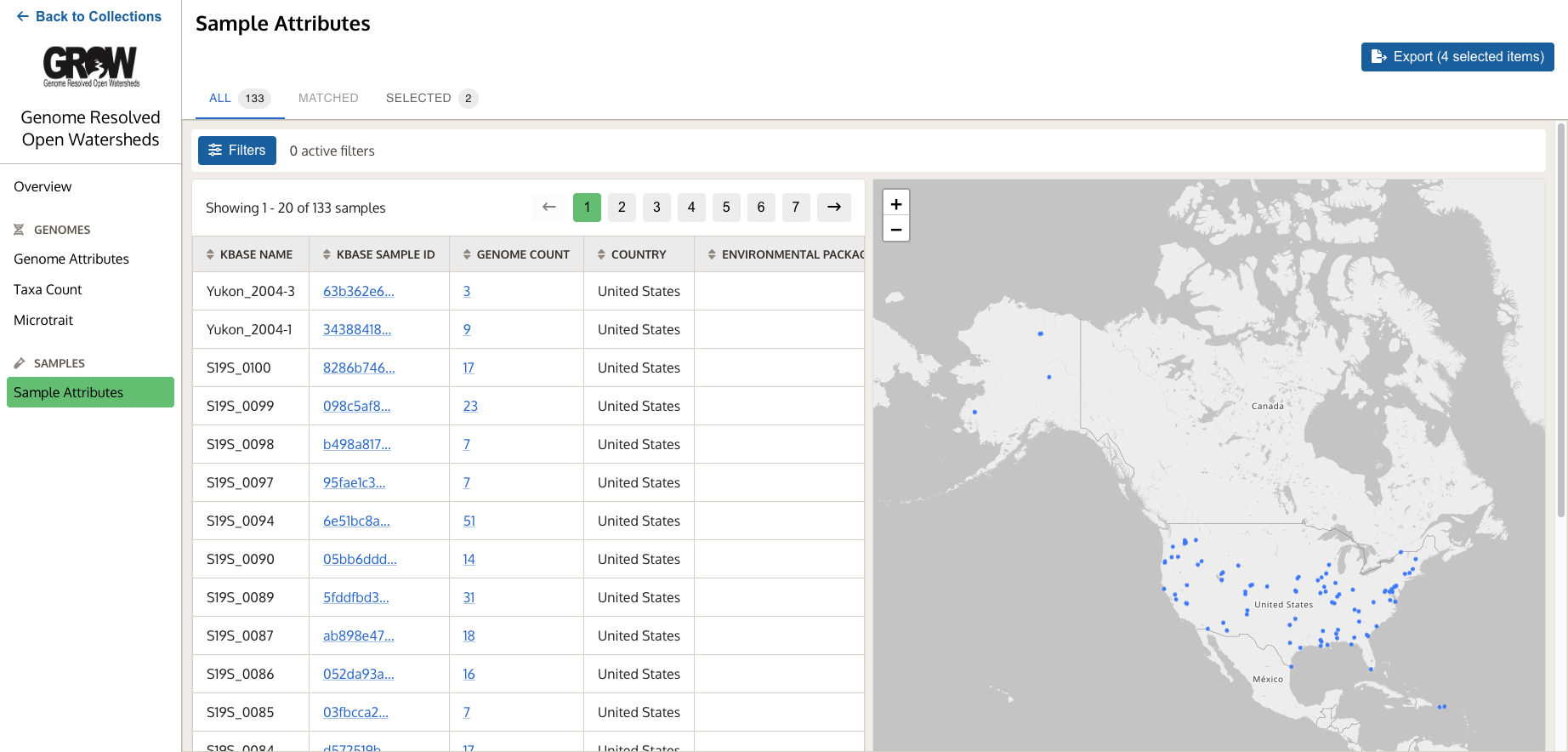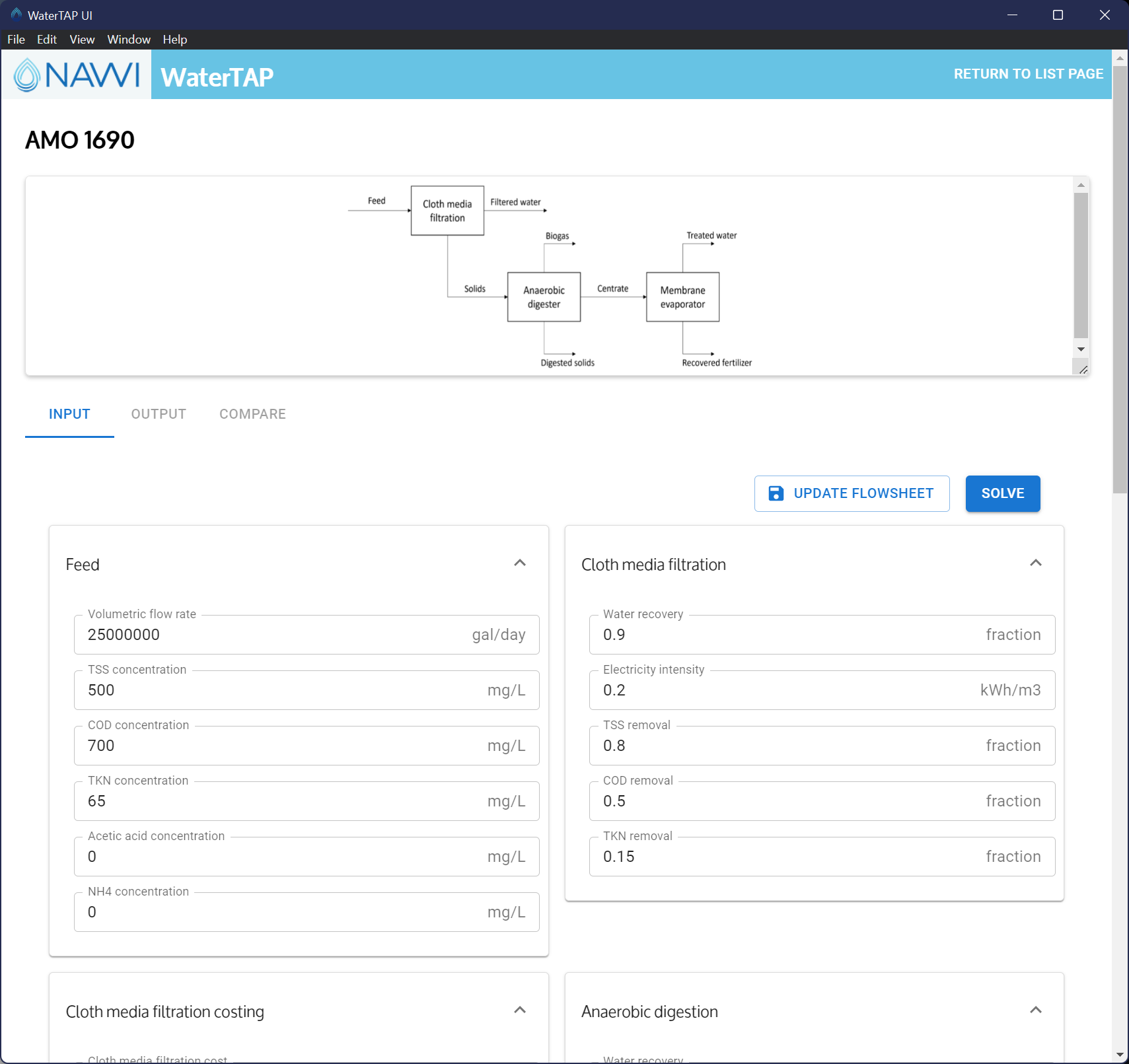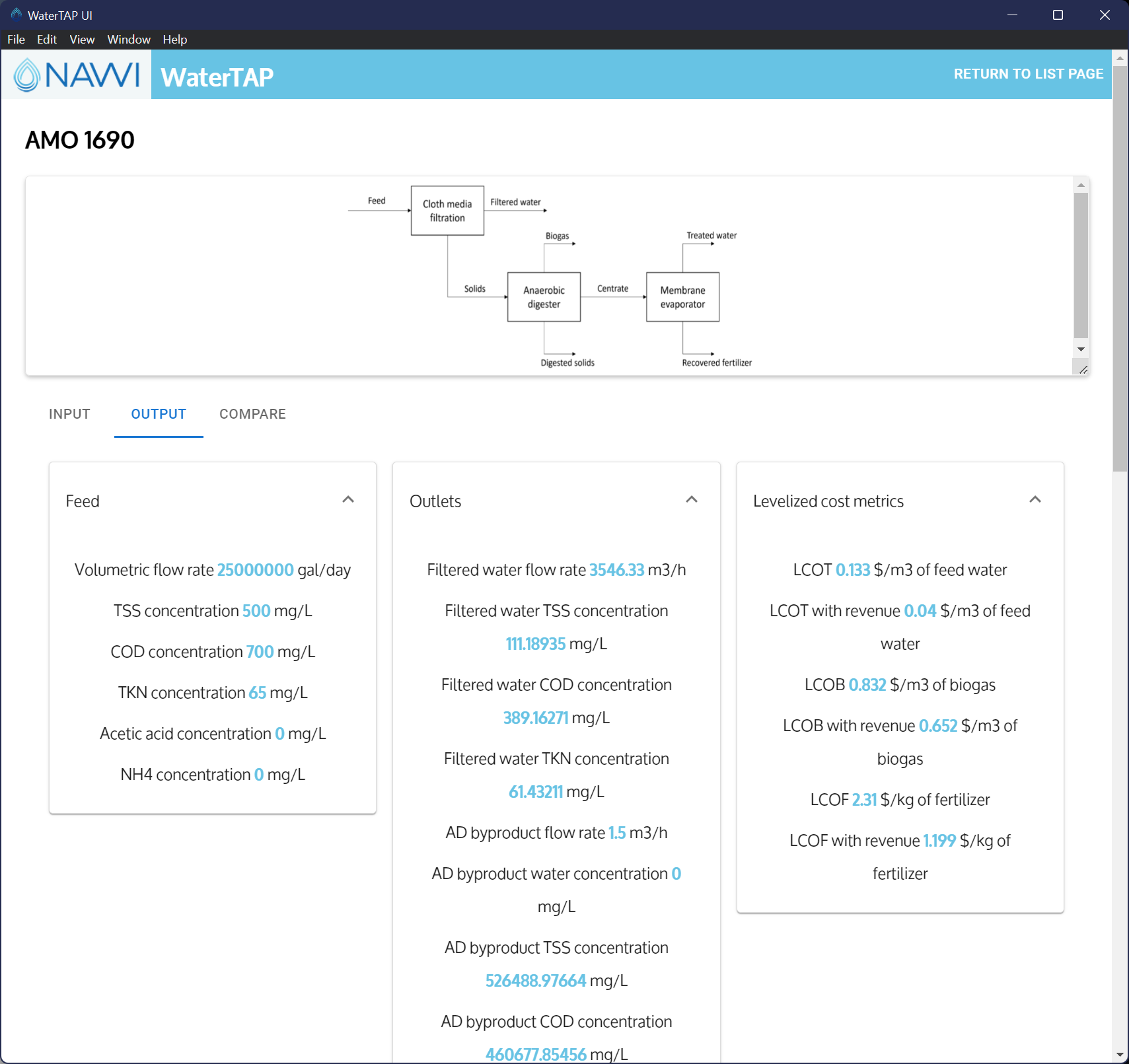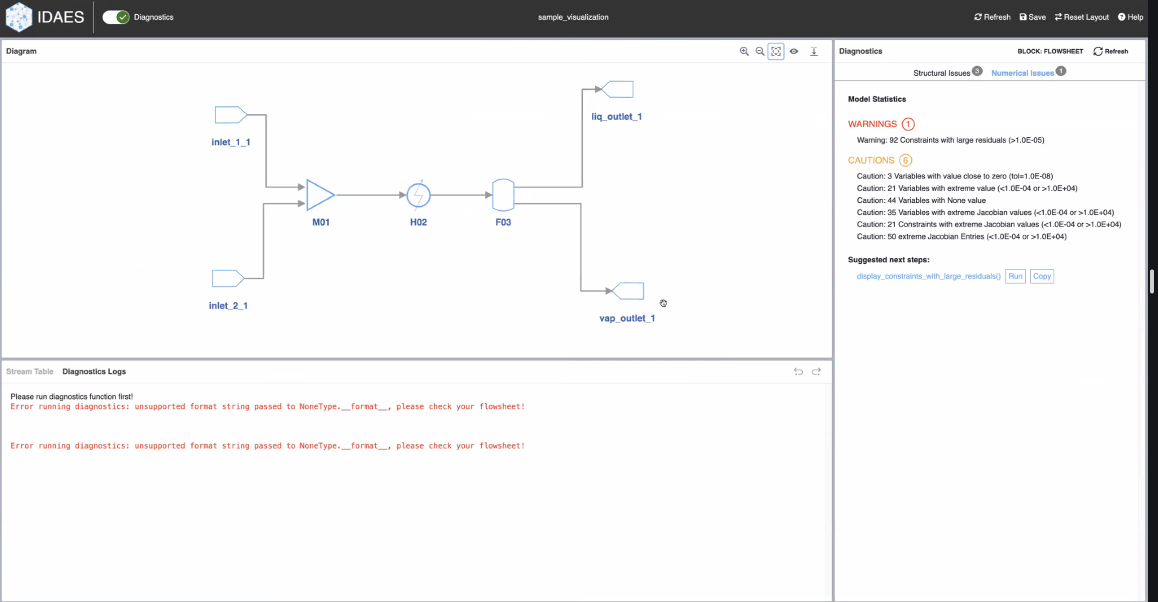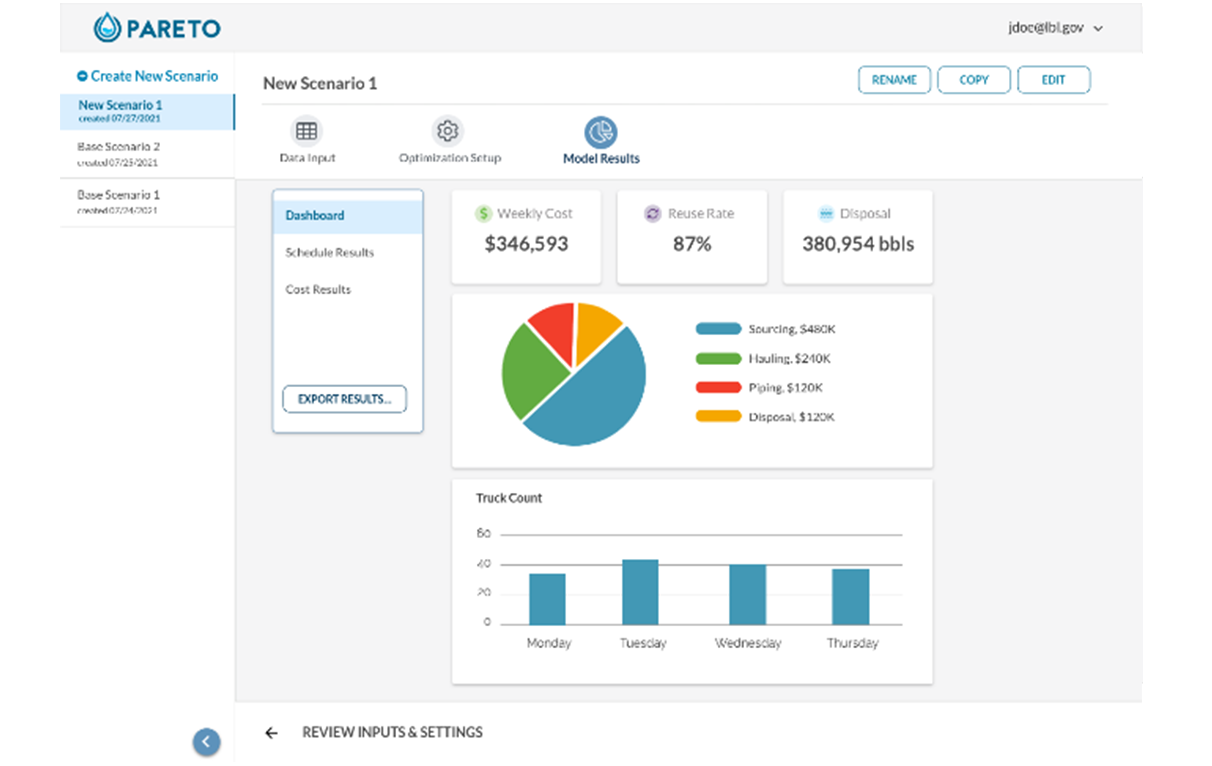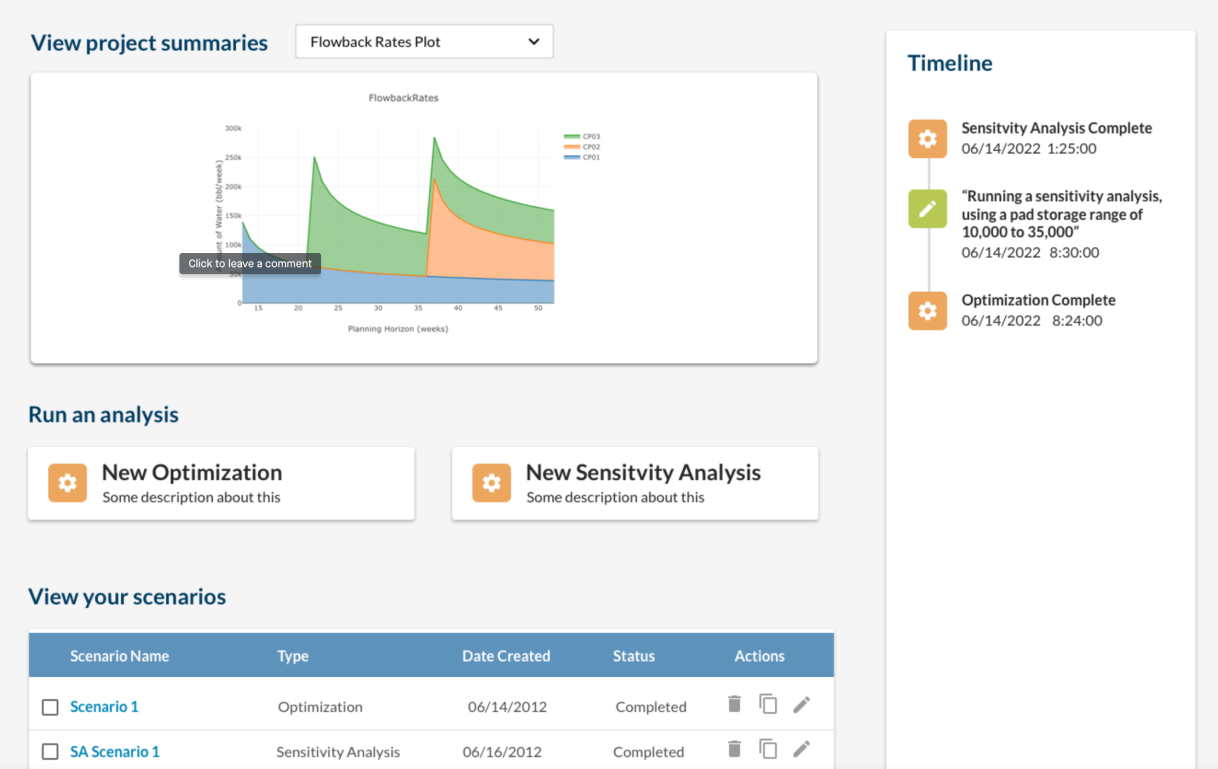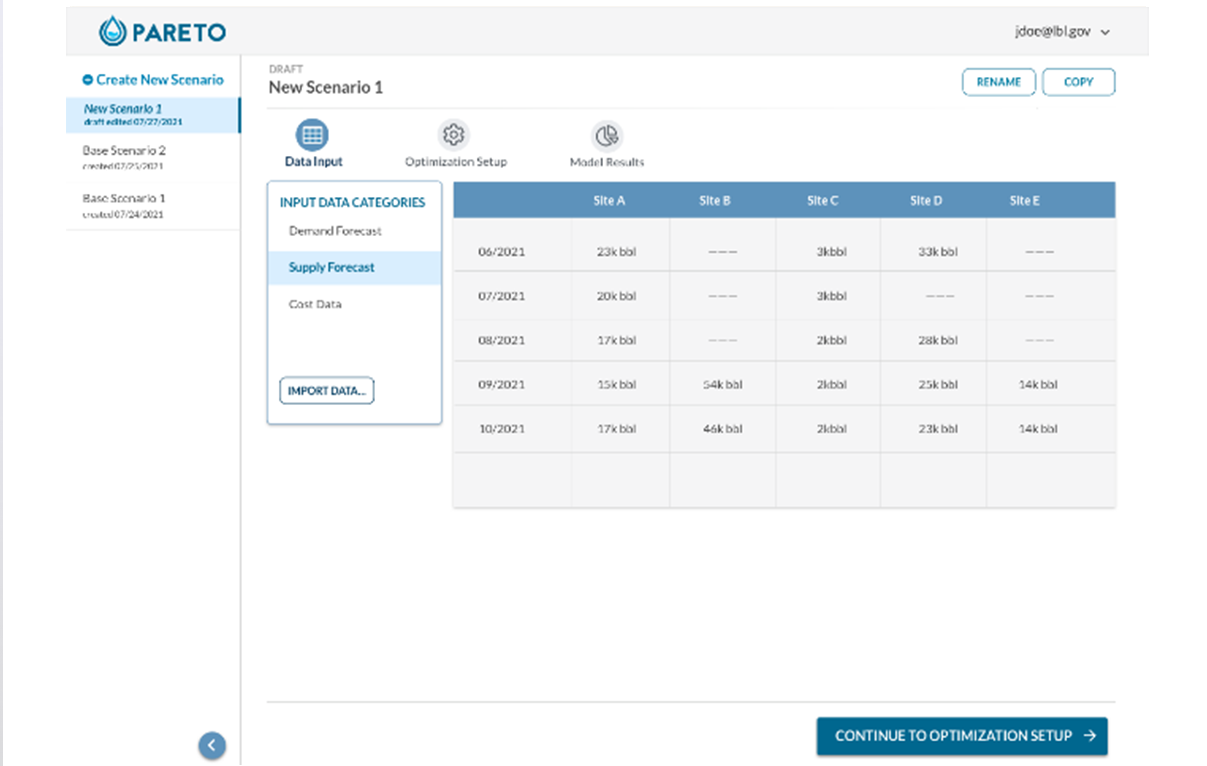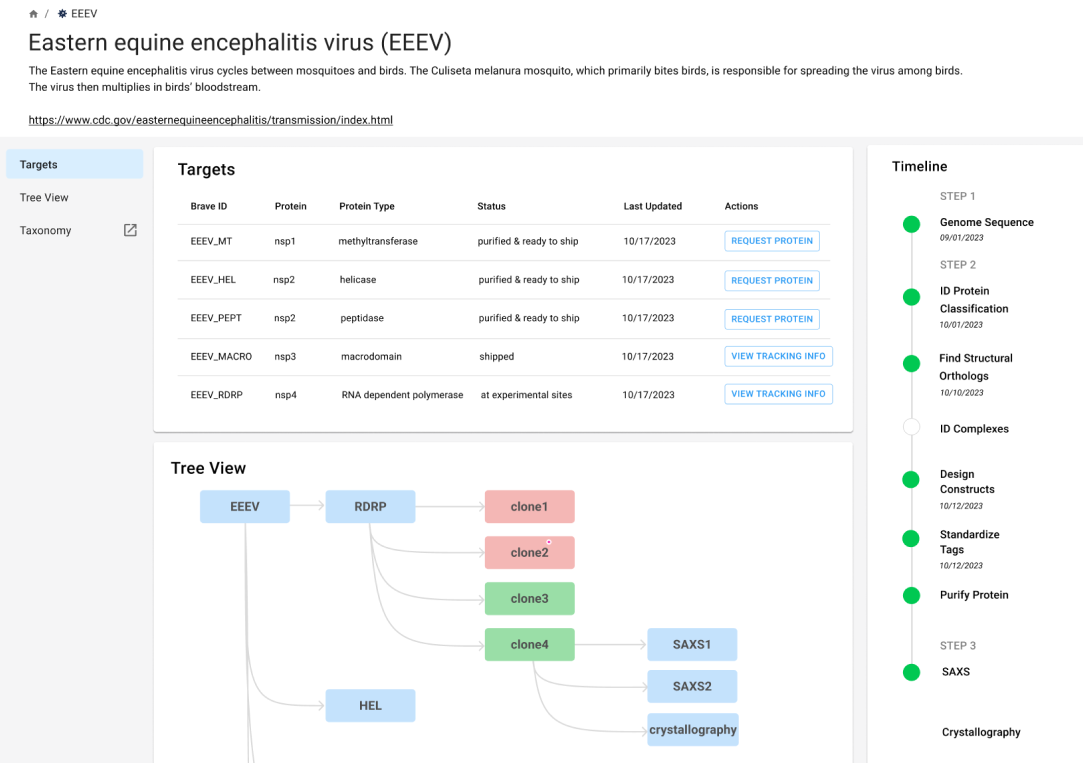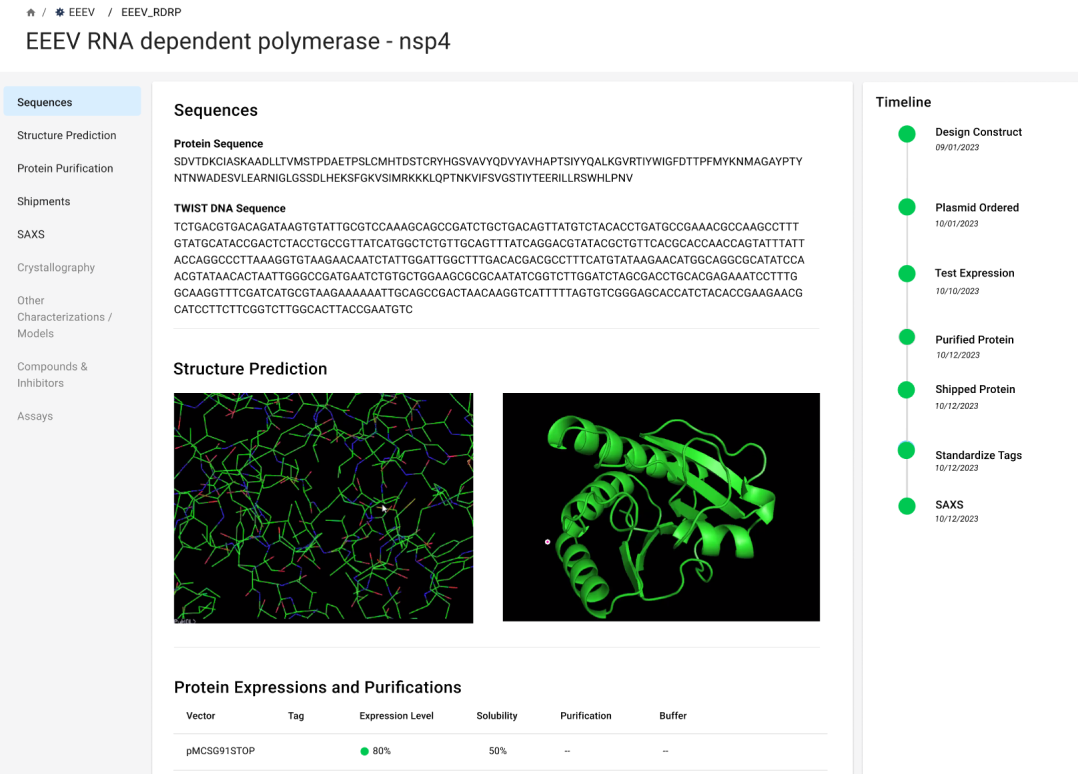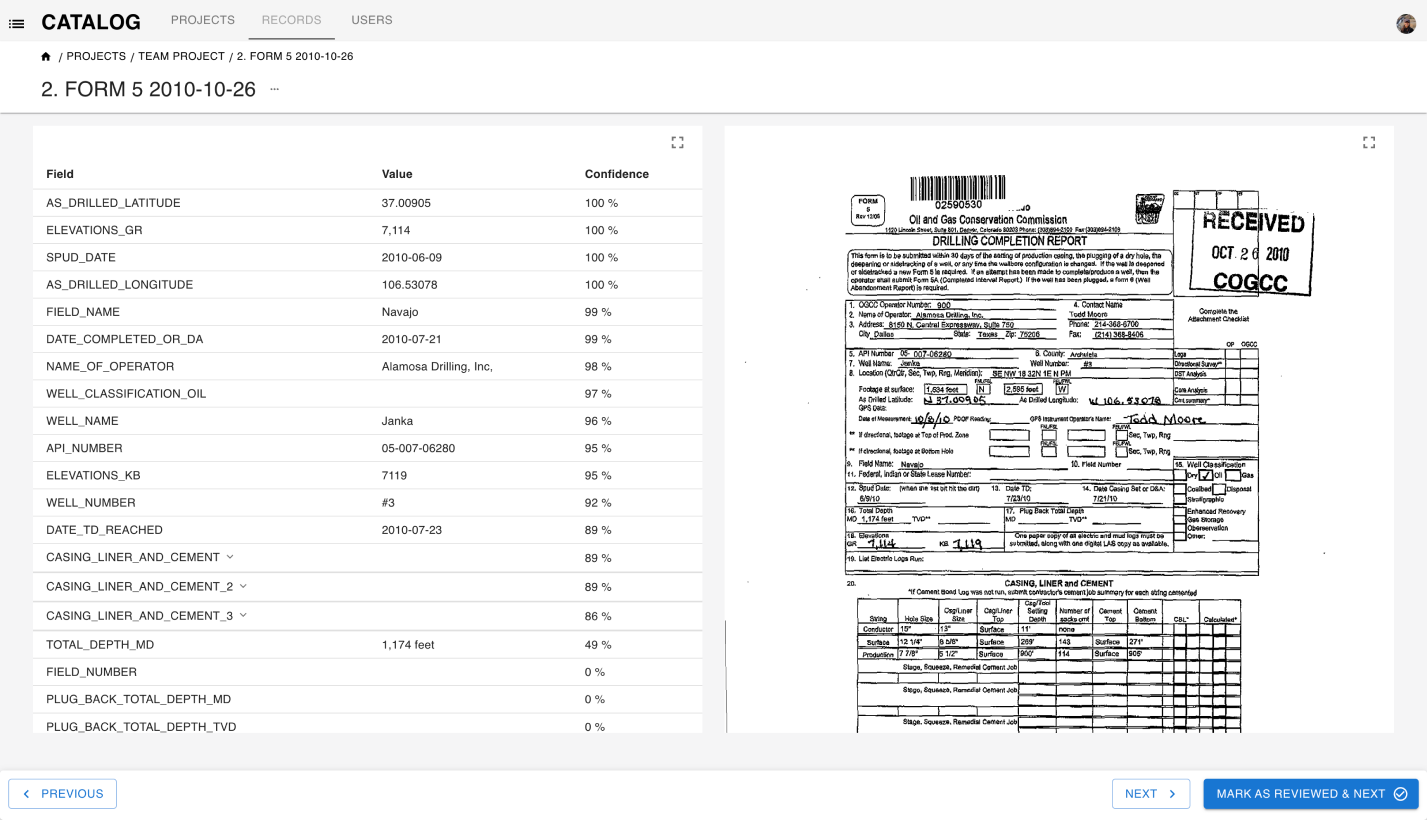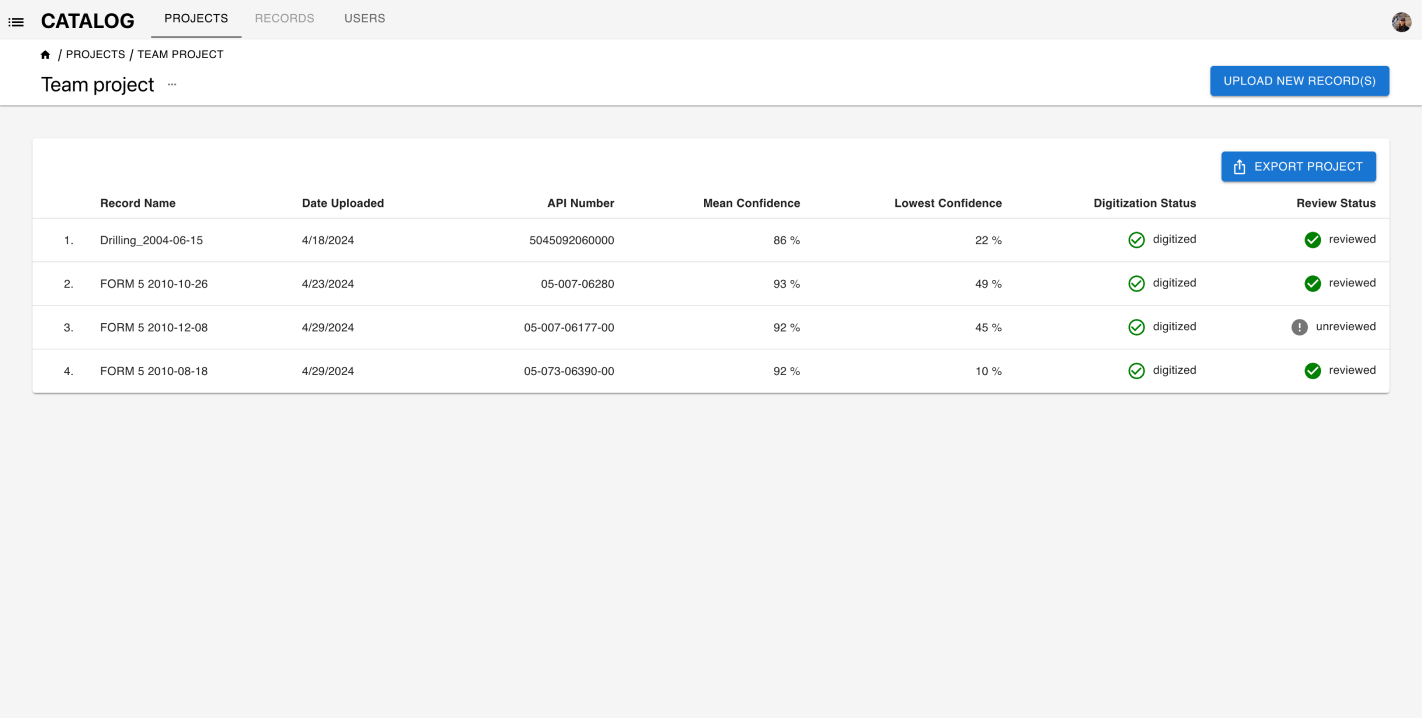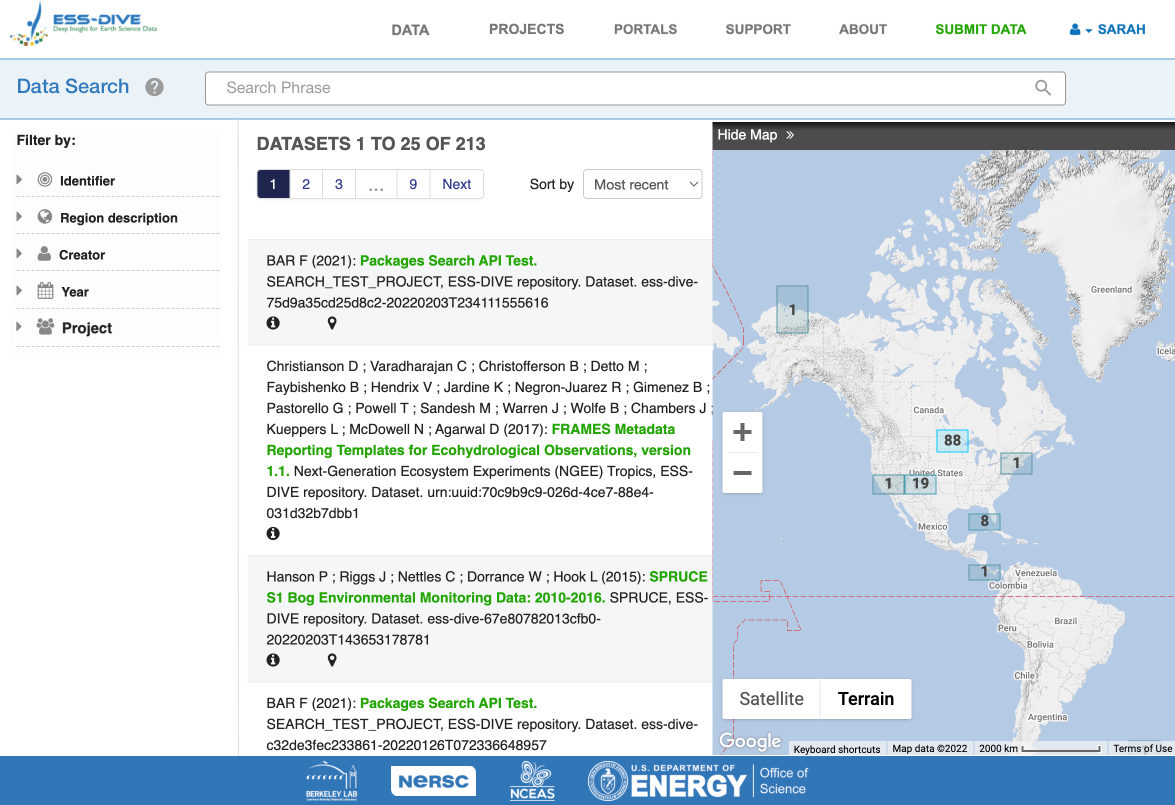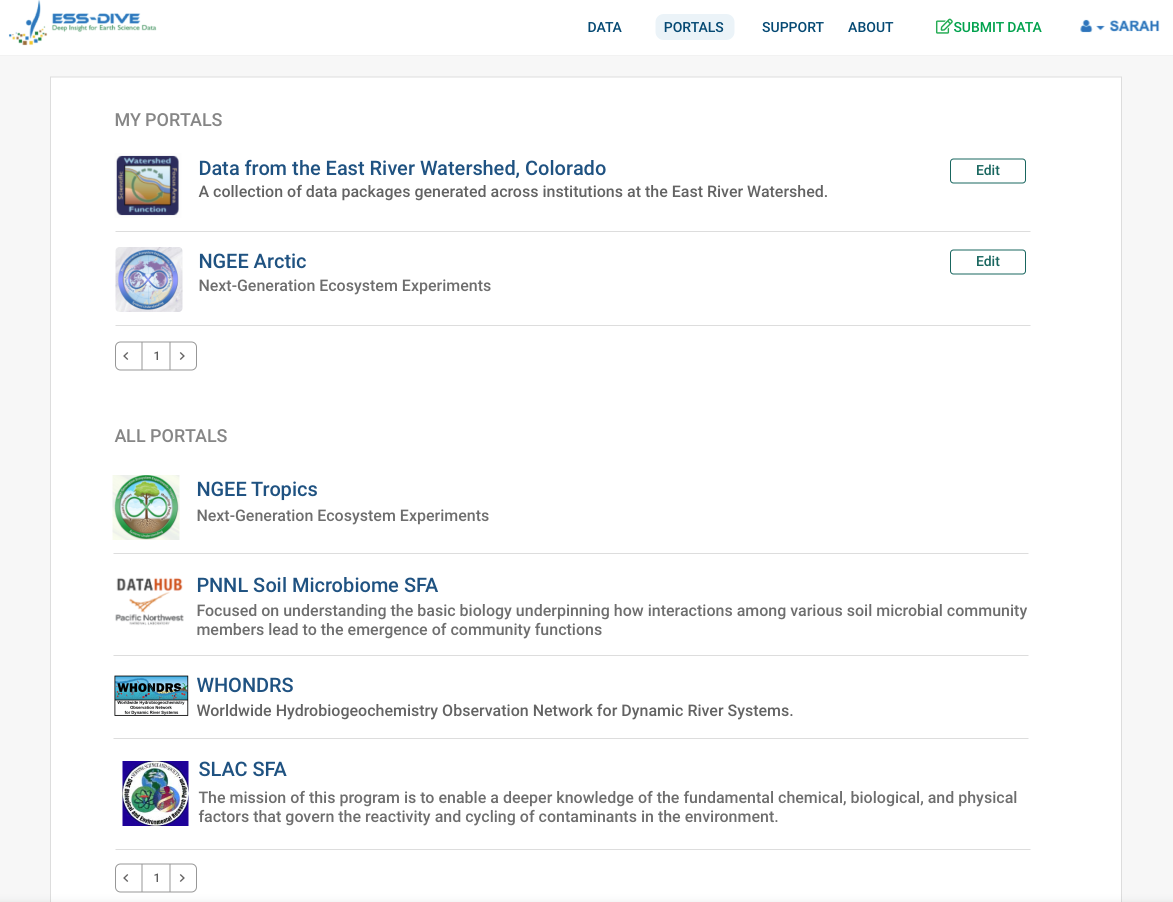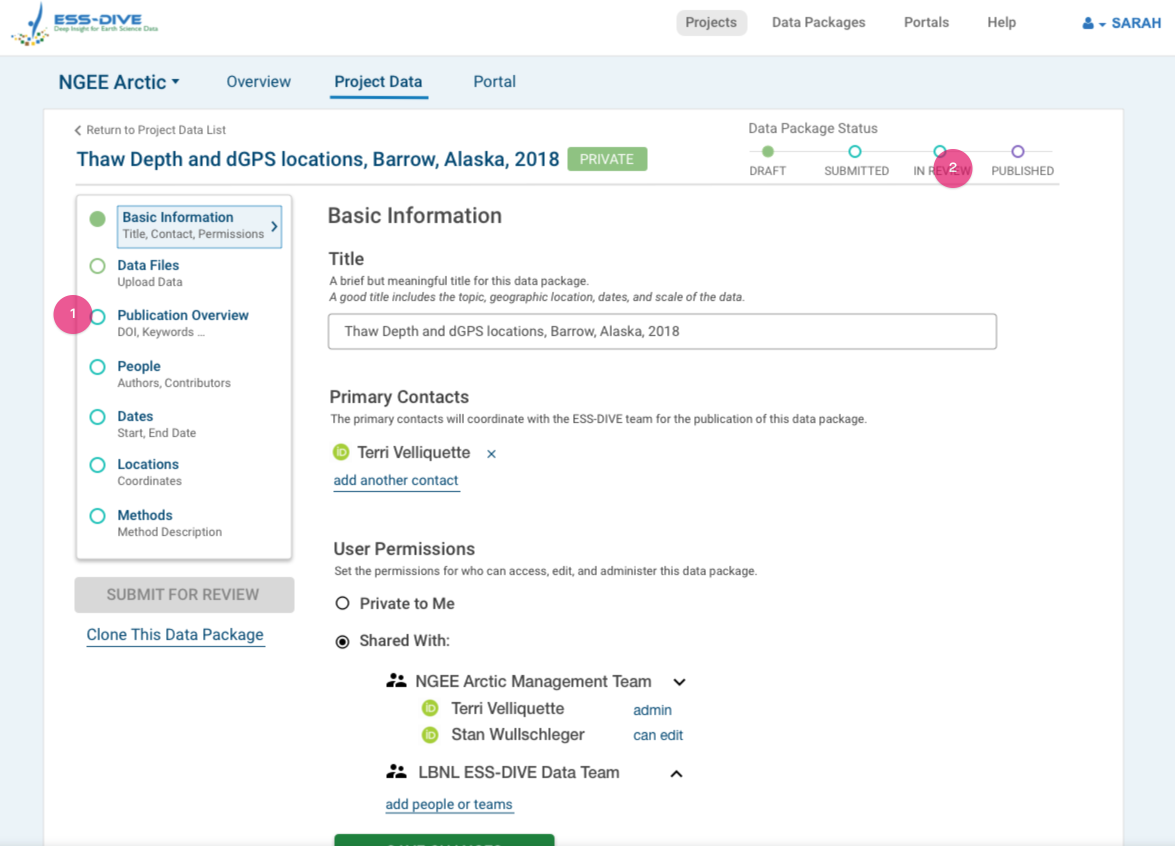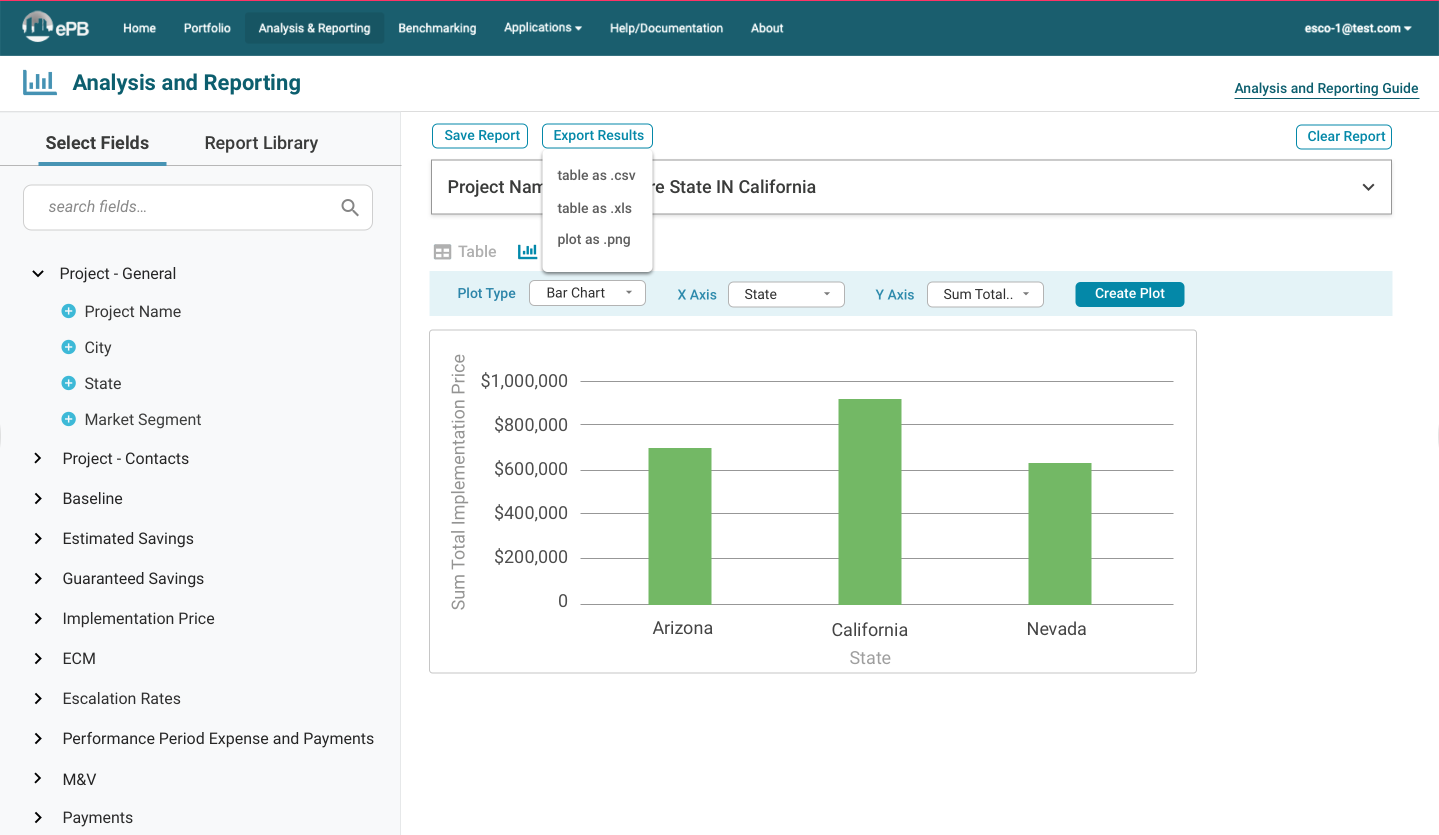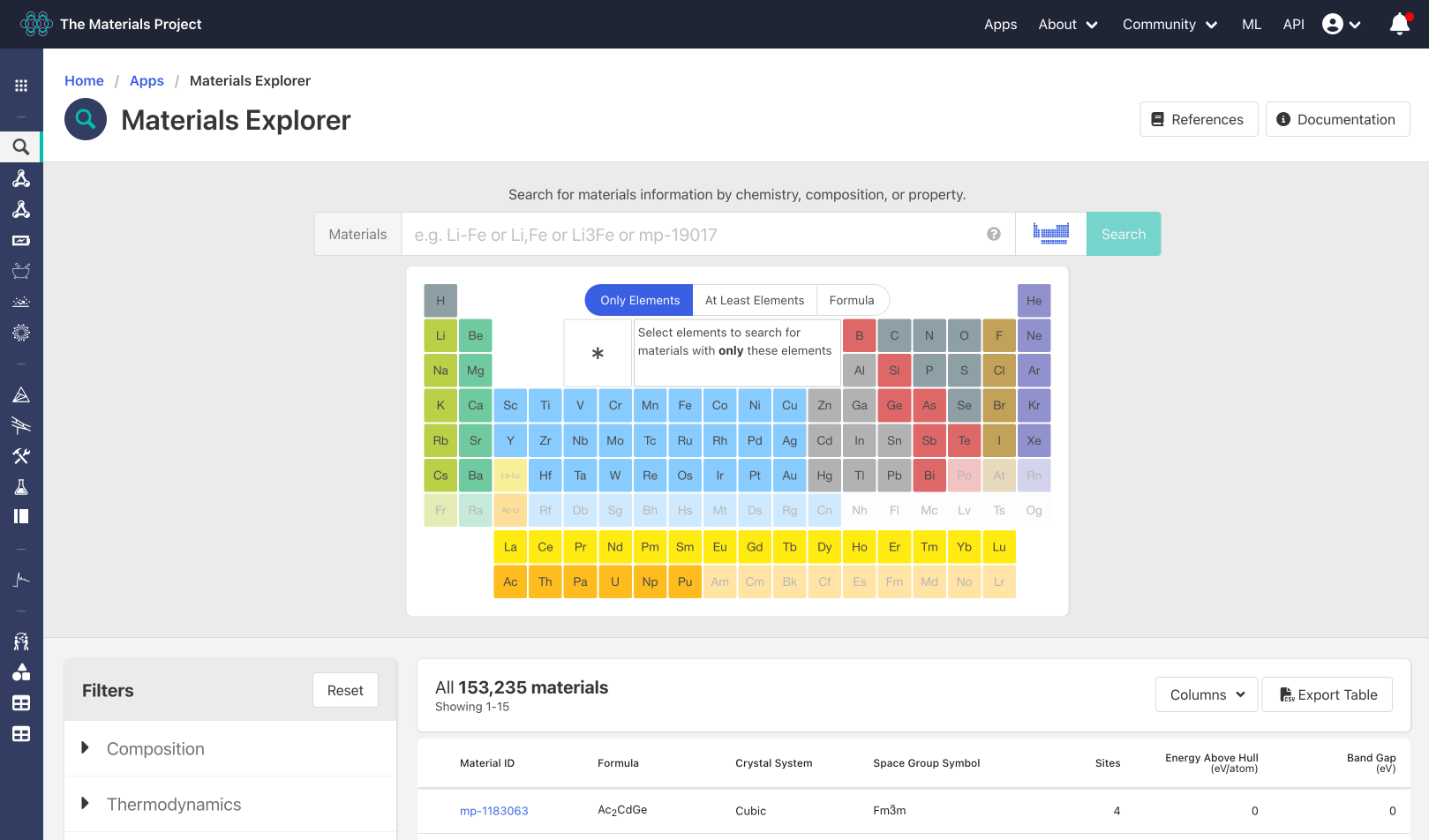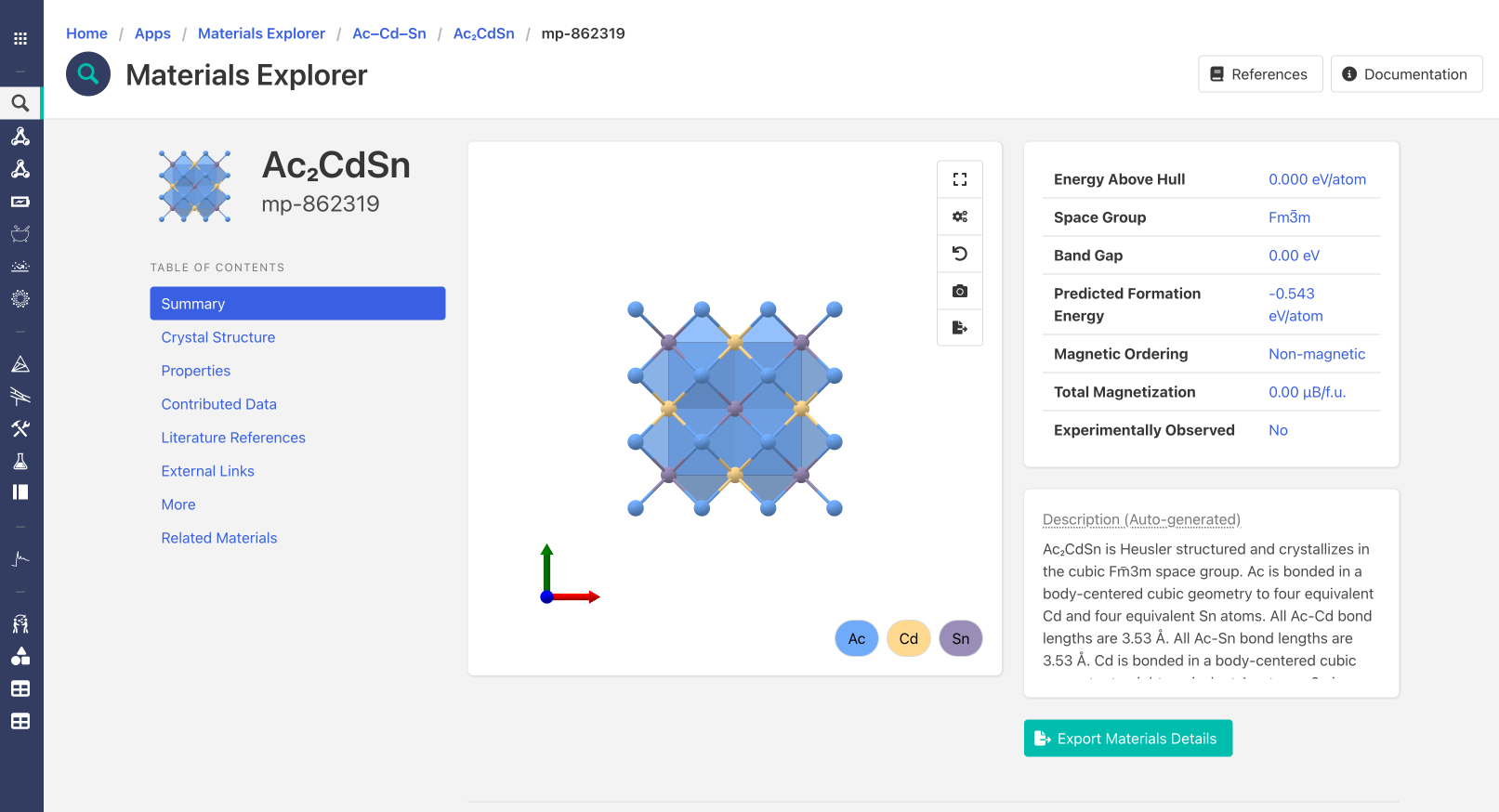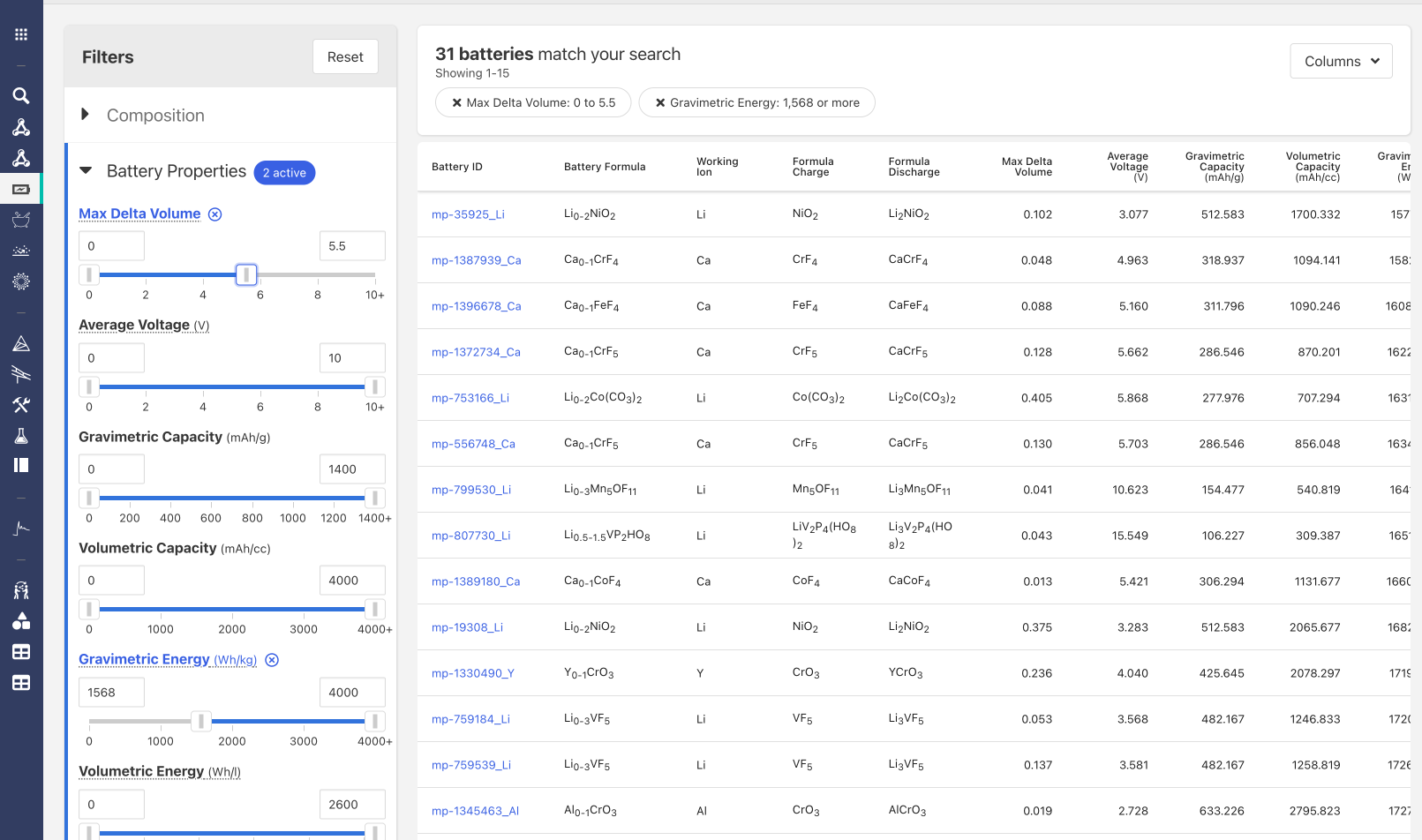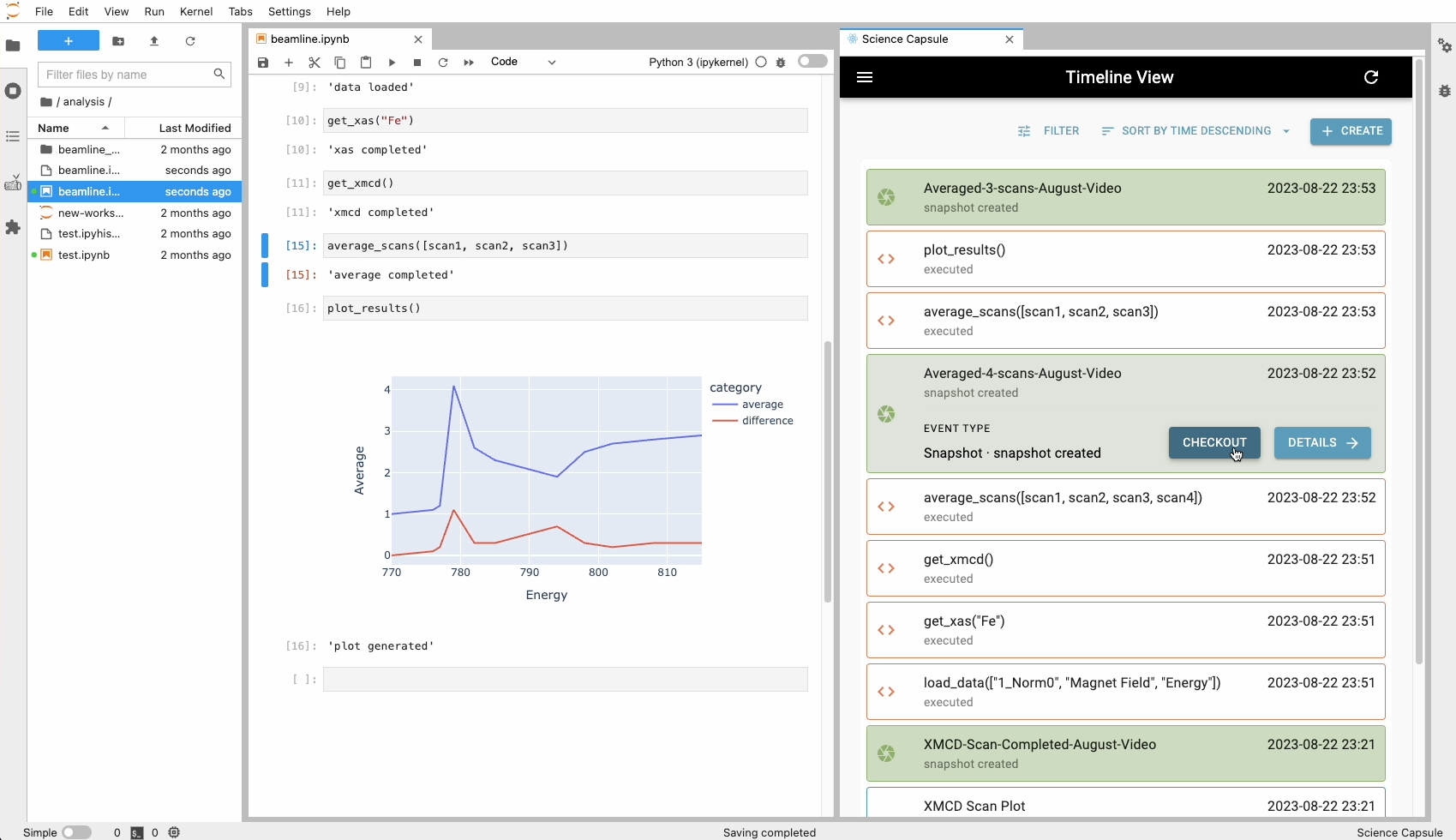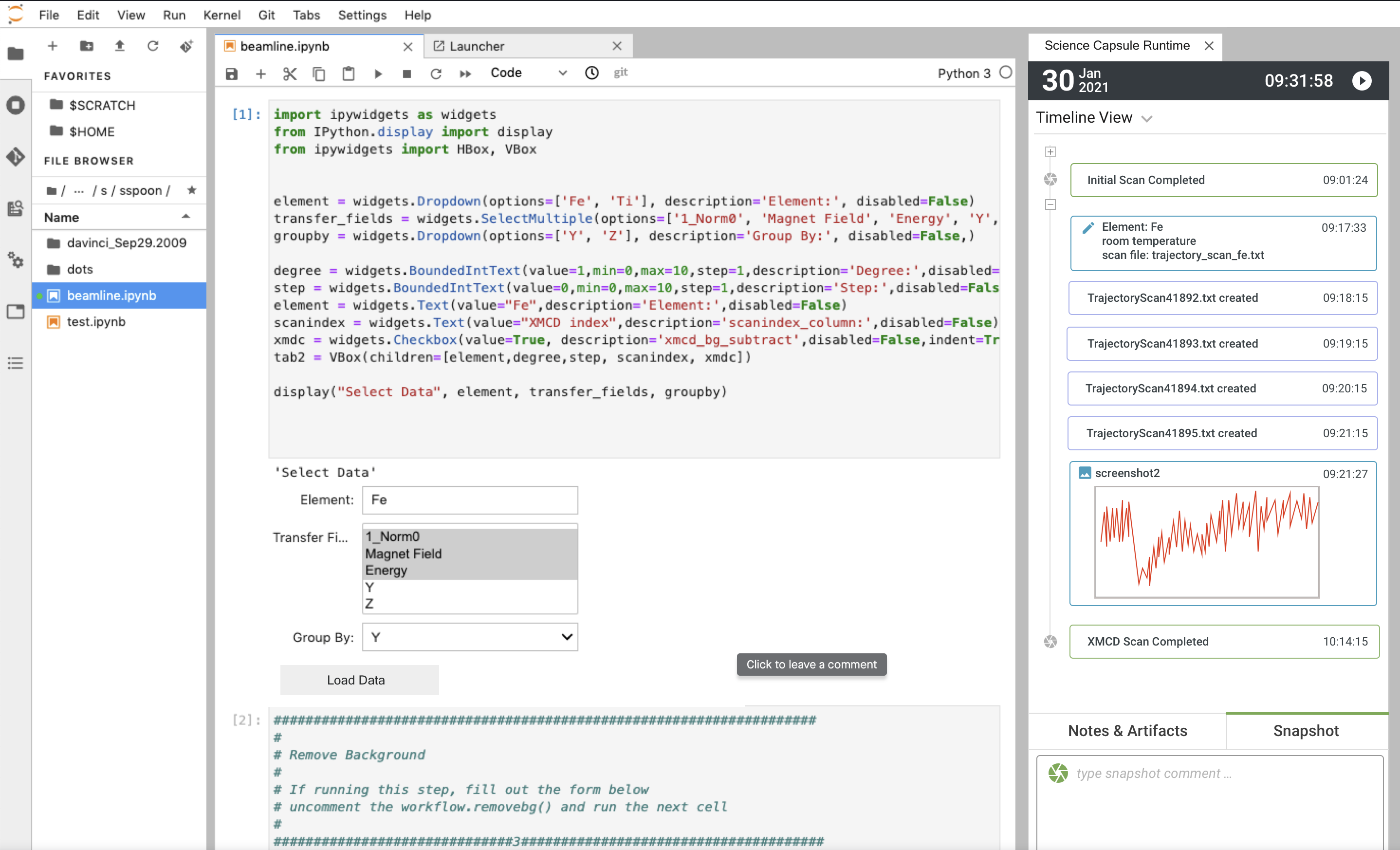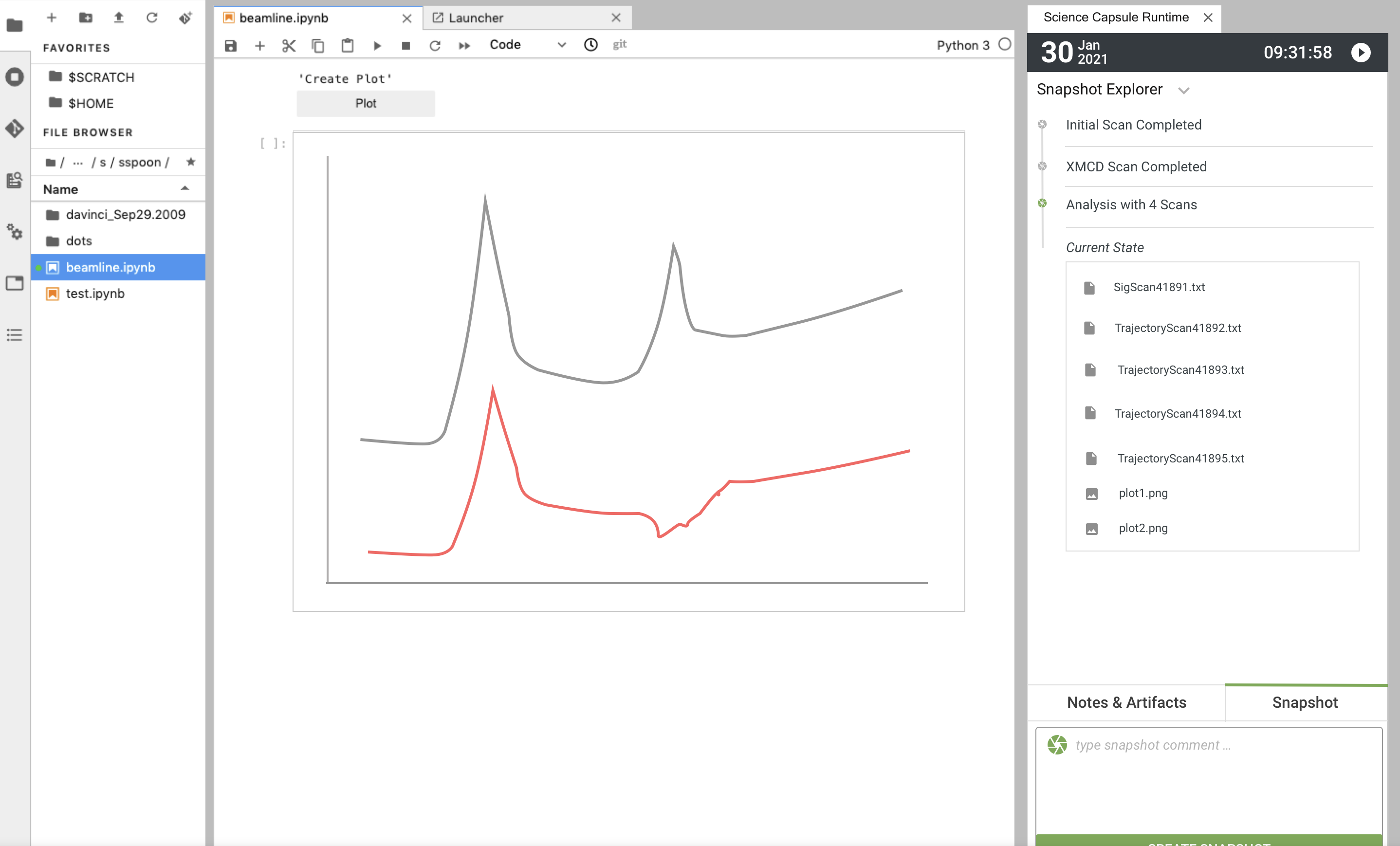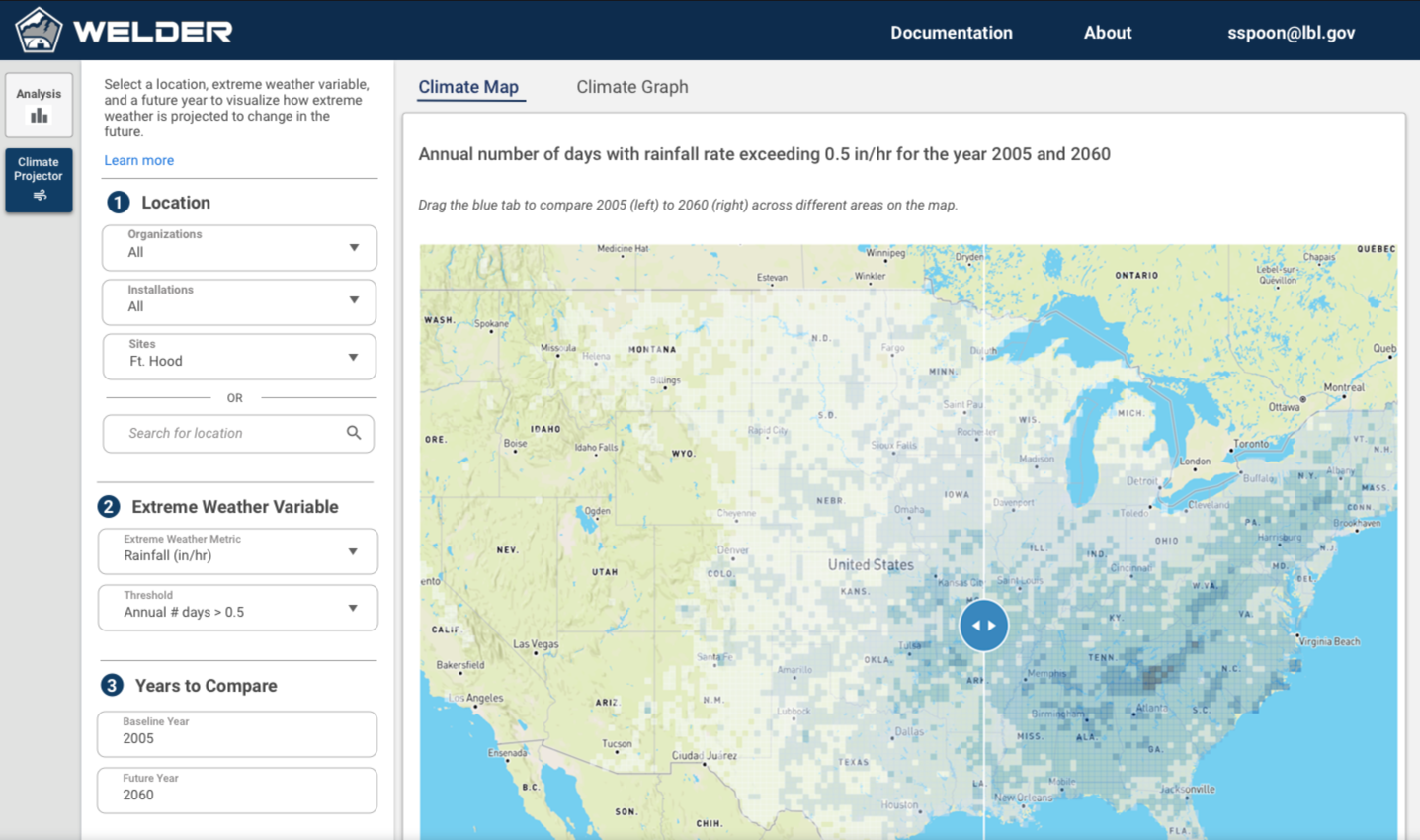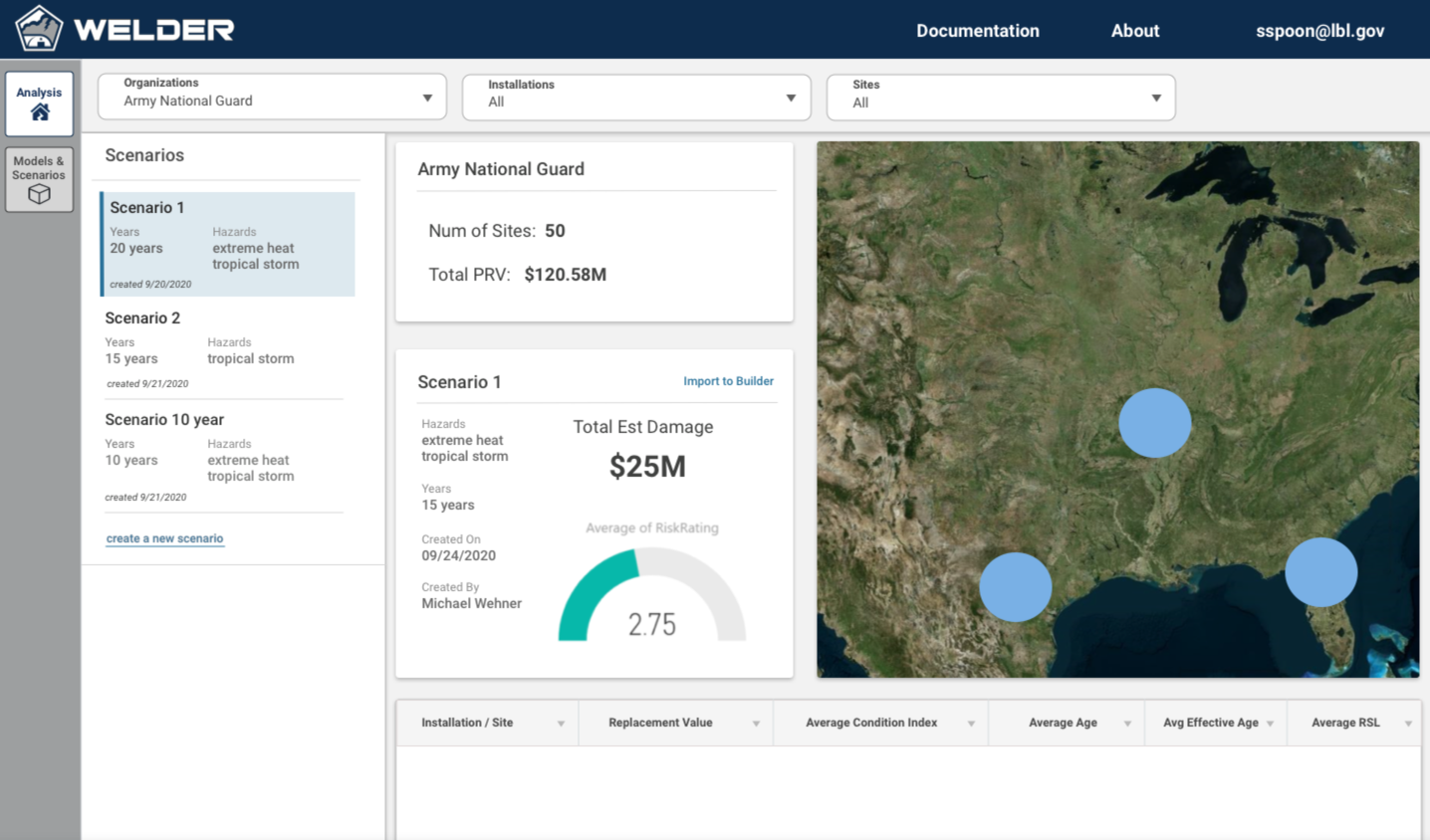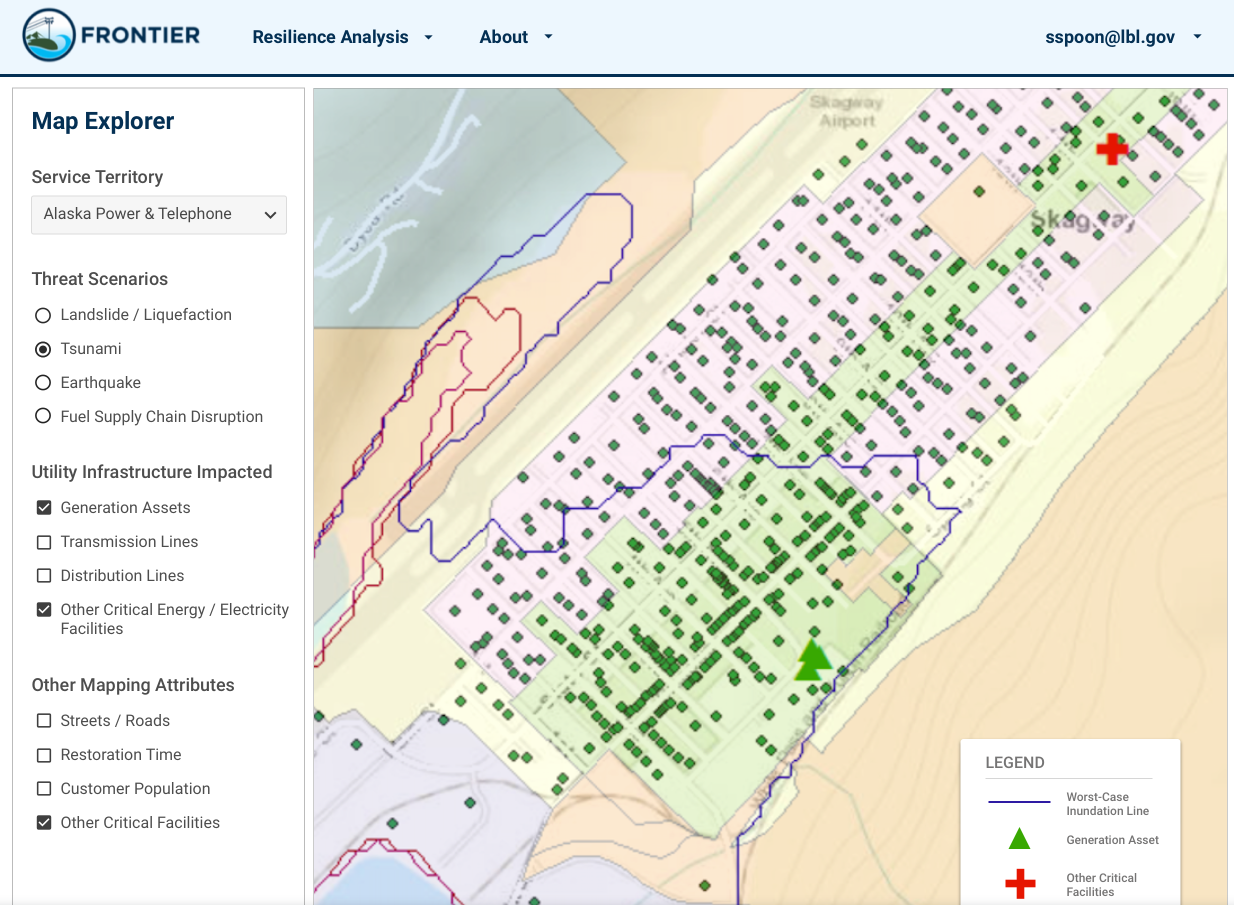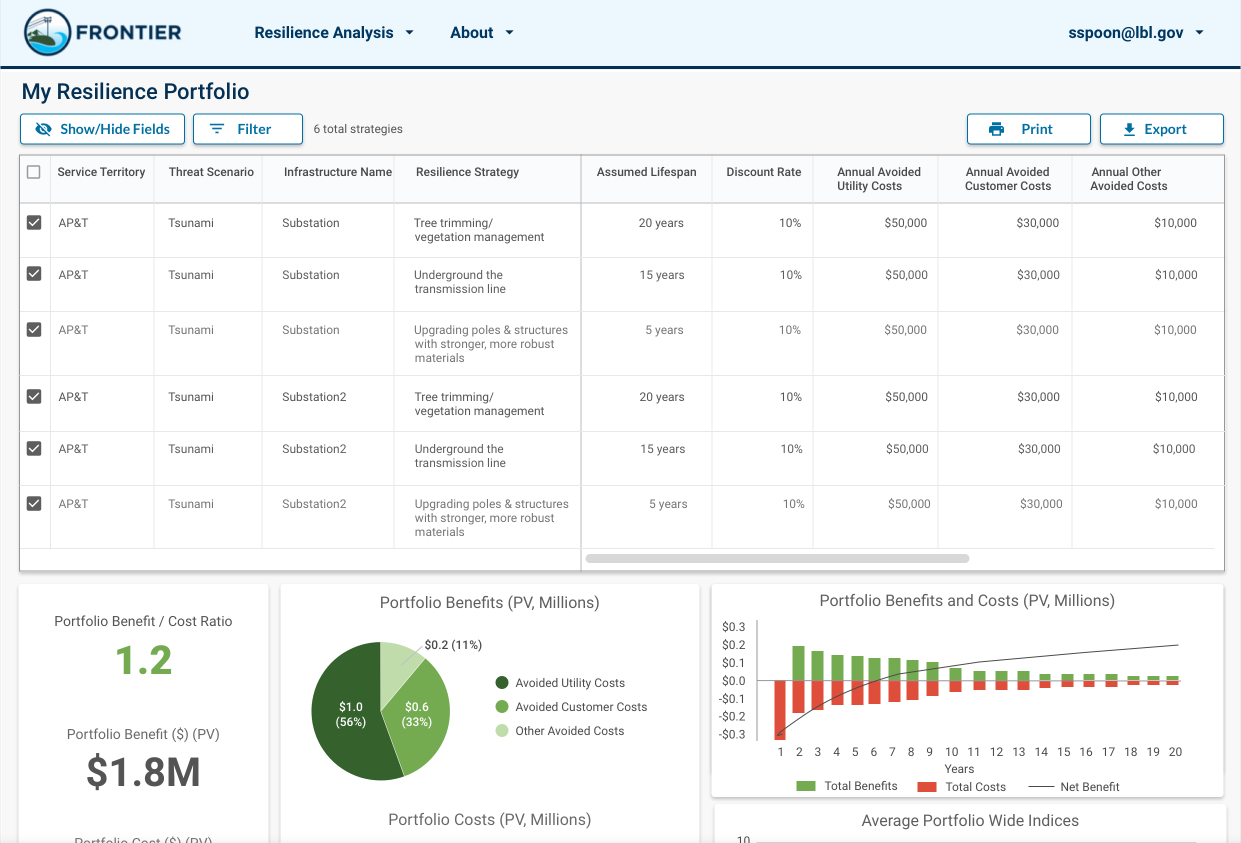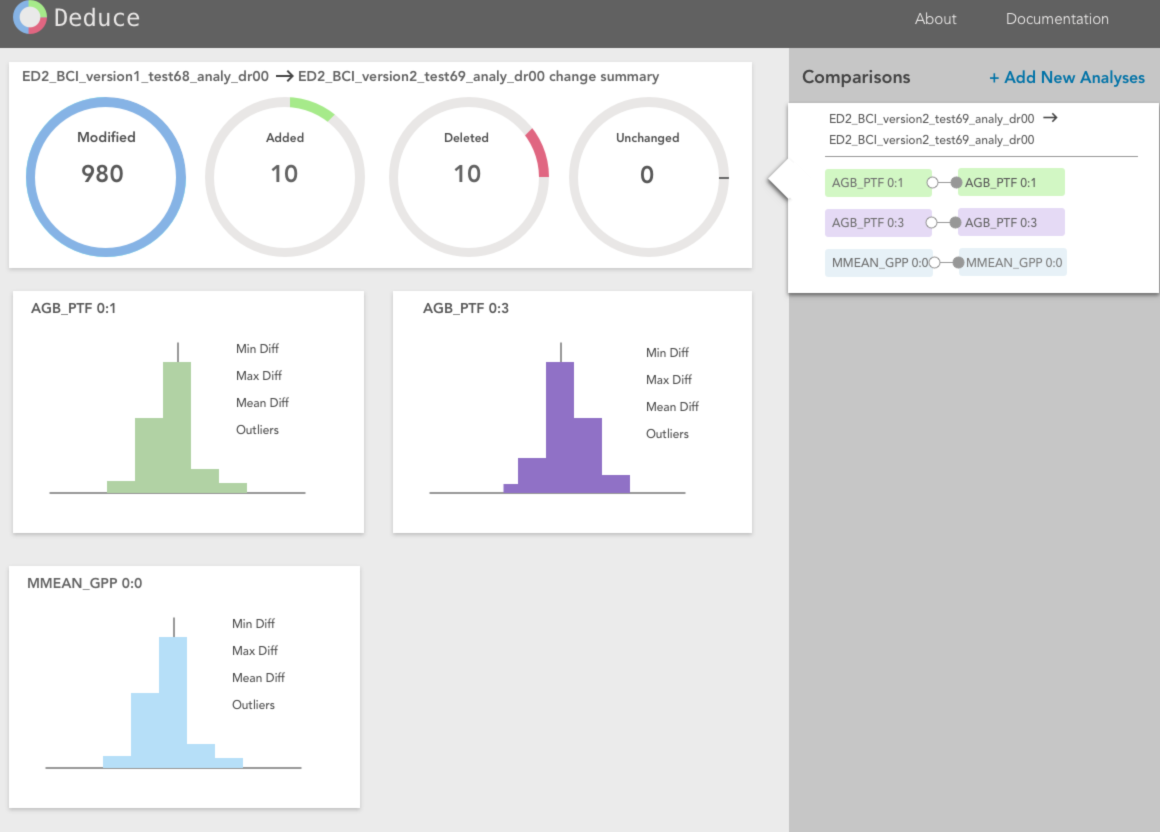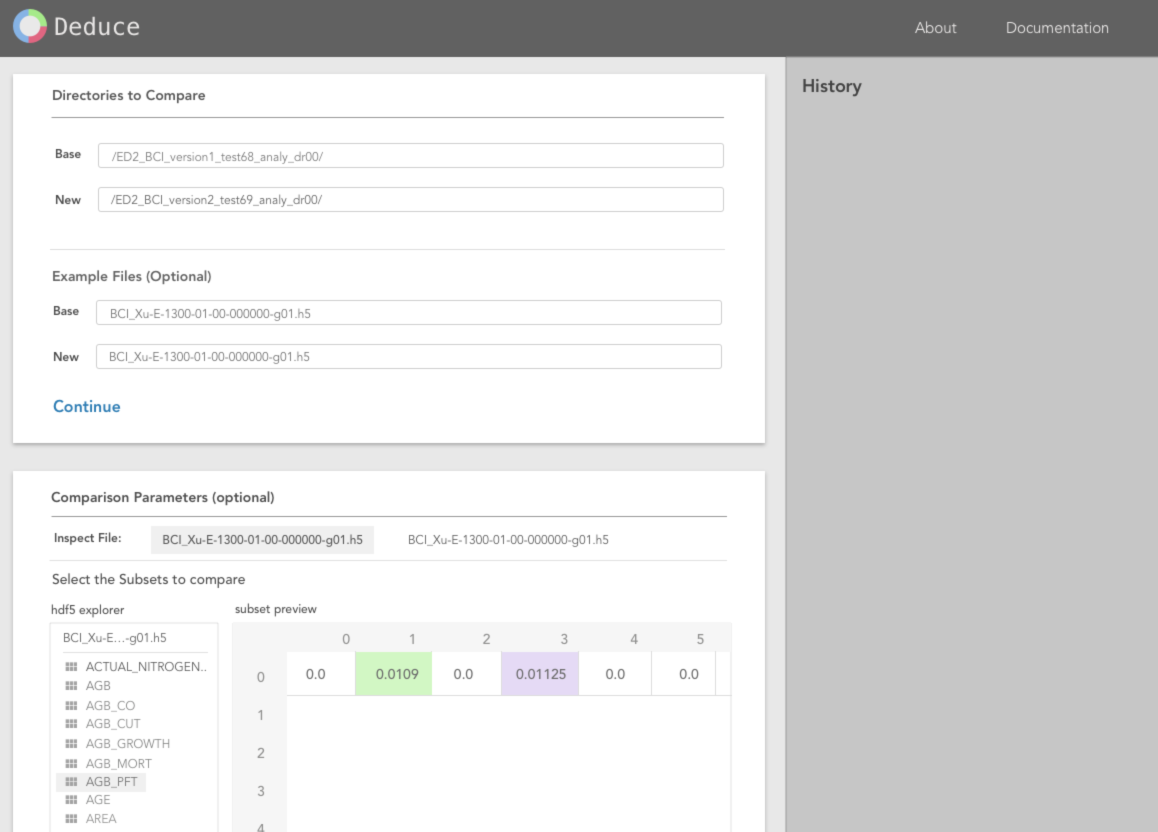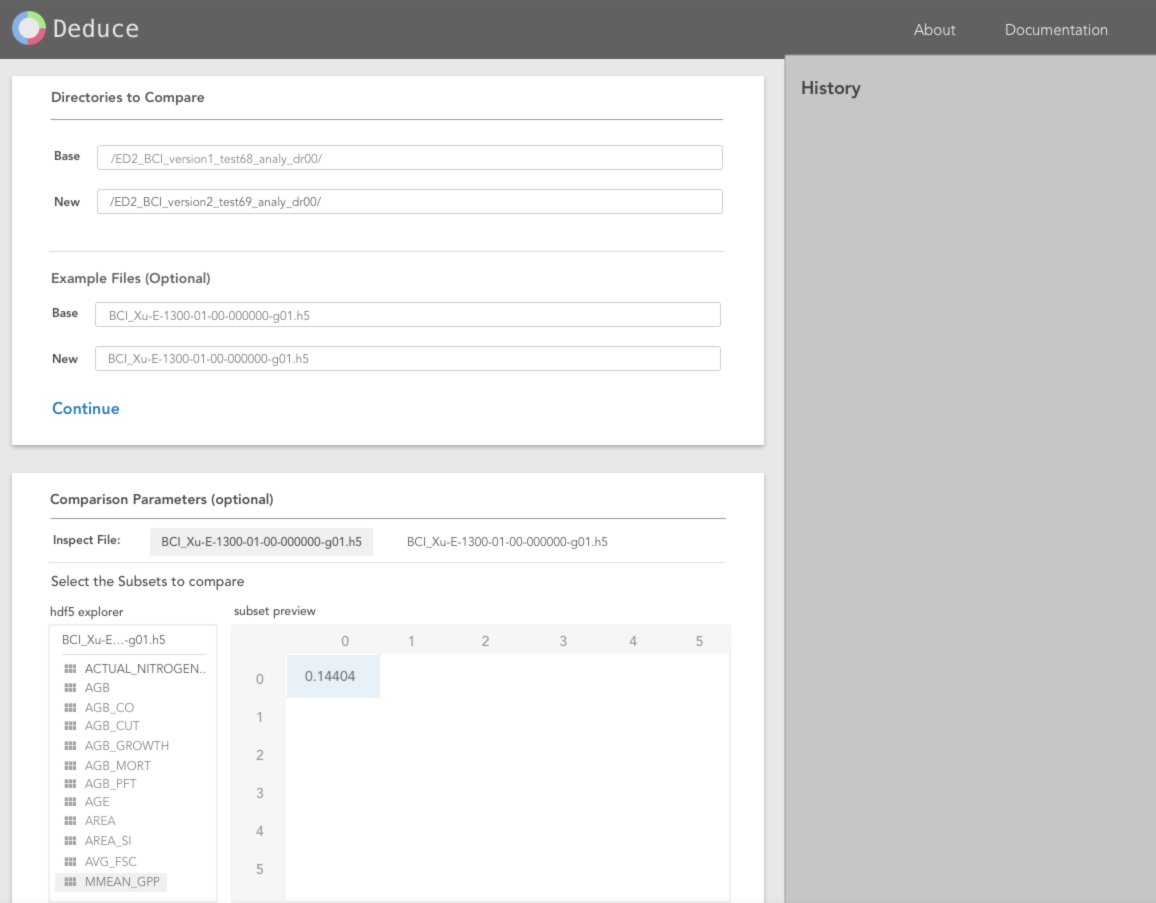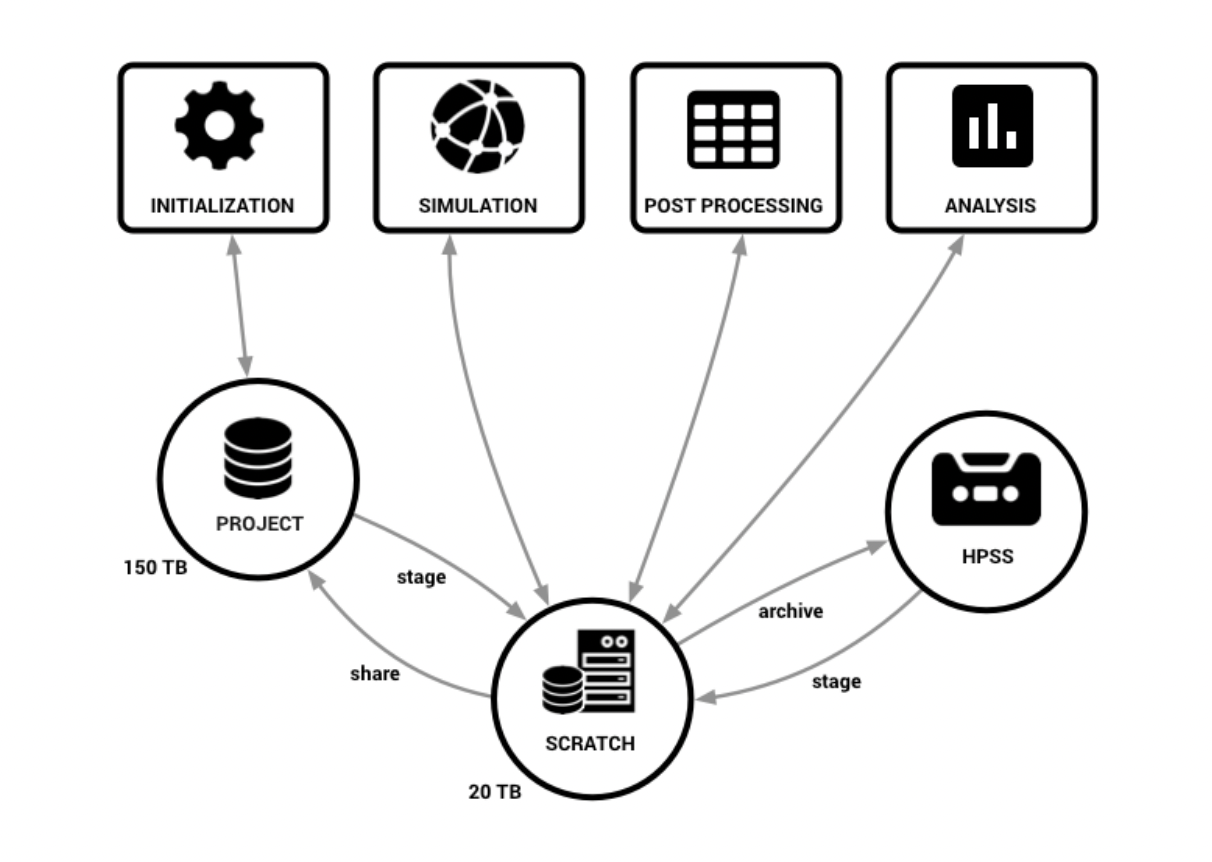Selected Projects
STRUDEL – Scientific sofTware Research for User experience, Design, Engagement, and Learning
This project is helping create user-centered software resources for scientific communities to plan, design, and build better scientific software through a planning framework and design system.
STRUDEL’s mission is to be an open source science project advocating for and advancing the inclusion of user experience practices and tools in scientific software development.
NERSC
The National Energy Research Scientific Computing Center a.k.a NERSC, is a high-performance computing National User Facility operated by LBNL. NERSC has a large user base using a variety of web-based tools to support their use of the facility’s HPC
resources.
SciData UX team has been supporting NERSC to improve the user experience for NERSC users across different entities, while ensuring the products are maintainable and sustainable by NERSC staff
KBase
KBase is a knowledge creation and discovery environment designed for biologists and bioinformaticians. It enables users to analyze, share, and collaborate using data and tools designed to help build increasingly realistic models for biological function.
KBase integrates a variety of data and analysis tools, from DOE and other public resources, into an easy-to-use platform that leverages scalable computing infrastructure to perform sophisticated systems biology analyses.
WaterTap UI for NAWI
Through WaterTap UI, NAWI seeks to provide an integrated modeling and simulation capability to evaluate cost, energy, and environmental tradeoffs across water treatment options and identify high impact opportunities for innovation including novel materials, processes, and networks.
The WaterTAP UI makes the modeling capabilities developed using WaterTAP more usable for a broad spectrum of users. These users may be other modelers, experimentalists, operators, or the developers of the models themselves.
IDAES Flowsheet Visualizer
IDAES was originated to bring advanced modeling and optimization capabilities to solve energy process and system challenges.
The Flowsheet Visualizer (FV) is a web-based user interface that can visualize and explore the properties of computational models (“flowsheets”) created using the IDAES Python APIs.
PARETO
The PARETO project is specifically designed for produced water management and beneficial reuse. It is an open-source, optimization-based, downloadable and executable decision-support application, that can be run by upstream operators, midstream companies, technology providers, water end users, research organizations and regulators.
BRaVE Taskforce5
In 2023, the Department of Energy announced funding for 10 research projects to support national biopreparedness and response capabilities.
Taskforce 5 project, is one of them, and is aiming to develop and test three plug-and-play integrated DOE bio-imaging pipelines for rapid processing of therapeutic, diagnostic, and vaccine countermeasures against emerging biothreats.
Oil and Gas Regulatory Record digitizEr (OGRRE)
CATALOG Program assists in identifying and characterizing the environmental risks of undocumented orphaned wells. One of the focus areas is CATALOG data extraction from historic well records into digitized formats.
OGRRE – is an online tool that facilitates such data extraction from oil and gas regulatory documents using AI/ML techniques. It will help state agencies, researchers, and other stakeholders digitize information from historic well construction records and organized databases which will help prioritize orphaned well abandonment.
ESS-DIVE
The Environmental System Science Data Infrastructure for a Virtual Ecosystem (ESS-DIVE) is a data repository for Earth and environmental sciences. It provides project data management capabilities for collecting, storing, managing and sharing diverse interdisciplinary data of environmental systems among DOE research community.
eProjectBuilder
eProject Builder (ePB) is a secure, web-based data management platform that allows customers and energy service providers (ESCOs/utilities/contractors) to preserve, track and report information for their portfolio of energy projects in perpetuity.
Materials Project
The Materials Project is a multi-institution, multi-national effort to compute the properties of all inorganic materials and provide the data and associated analysis algorithms for every materials researcher free of charge. The ultimate goal of the initiative is to drastically reduce the time needed to invent new materials by focusing costly and time-consuming experiments on compounds that show the most promise computationally.
Science Capsule
The work of scientists at experimental sites often spans multiple environments. They may be operating an instrument at a local workstation, data might be transferred to an HPC center for quick analysis, and additional analysis may take place at a different institution post experiment using Jupyter Notebooks.
Science Capsule enables the reproducibility of these scientific pipelines through a framework that captures data changes, notes and artifacts, and analyses run in the scientific software ecosystem.
WELDER
WELDER enables facility planners and policymakers the ability to visualize weather event projects and re-prioritize infrastructure maintenance and/or replacement schedules, and assess costs according to the likelihood and severity of these events with and without adaptive response scenarios.
FRONTIER
Energy system resilience investment decision tool for island(ed) communities, which visualizes natural threat scenarios and associated benefit-cost analyses.
Deduce
DEDUCE helps scientific users evaluate the sensitivity of data analyses and data products to changes in the underlying data used to produce the product or analysis result.
UDA
Usable Data Abstractions for Next-Generation Scientific Workflows – was a research oriented which aimed to create a fundamental shift in the design and development of tools for next-generation scientific data by focusing on efficiency and scientist productivity.
The project built tools and practices to help scientists scale their work from desktop to HPC systems in reproducible environments that capture rich provenance information.
